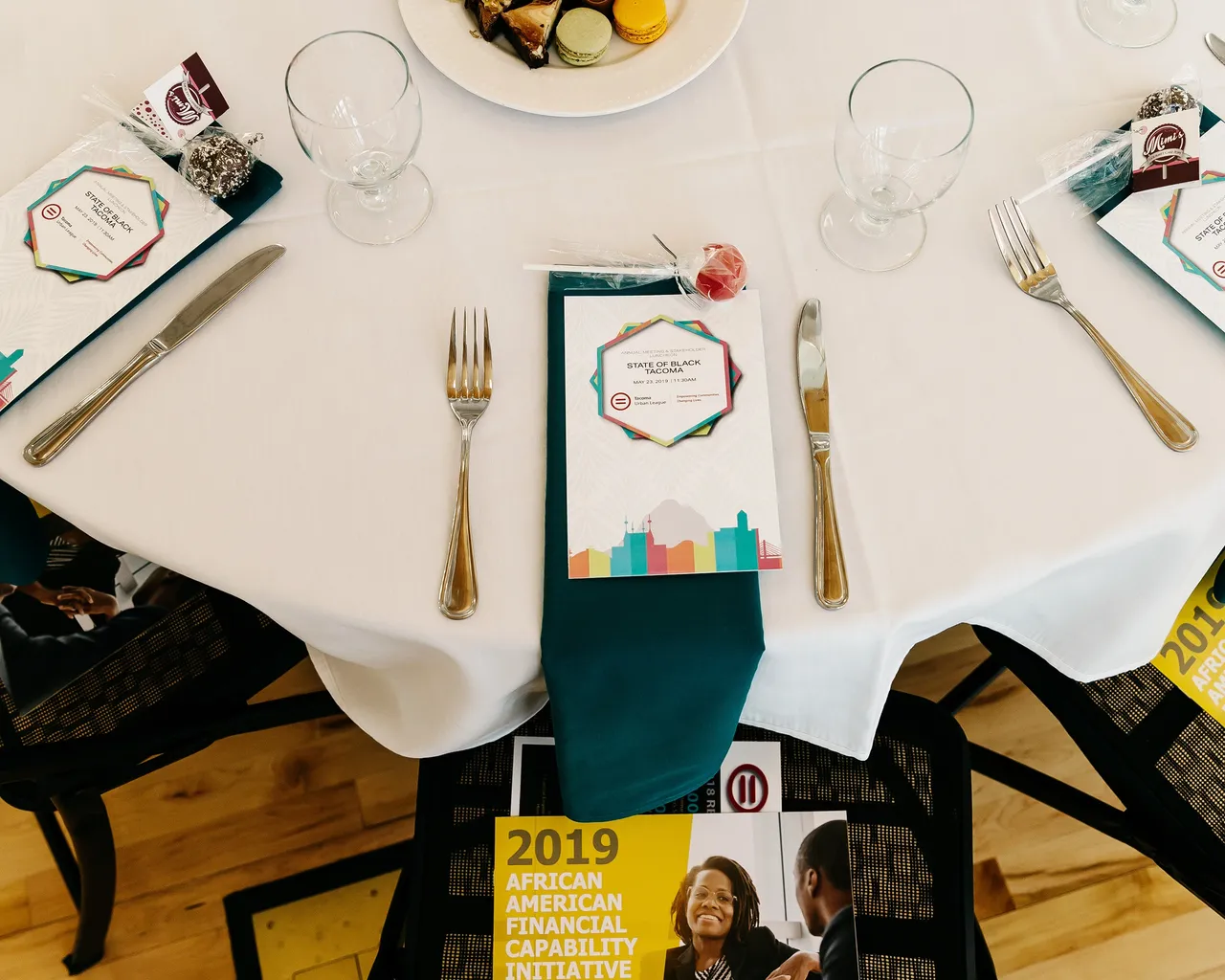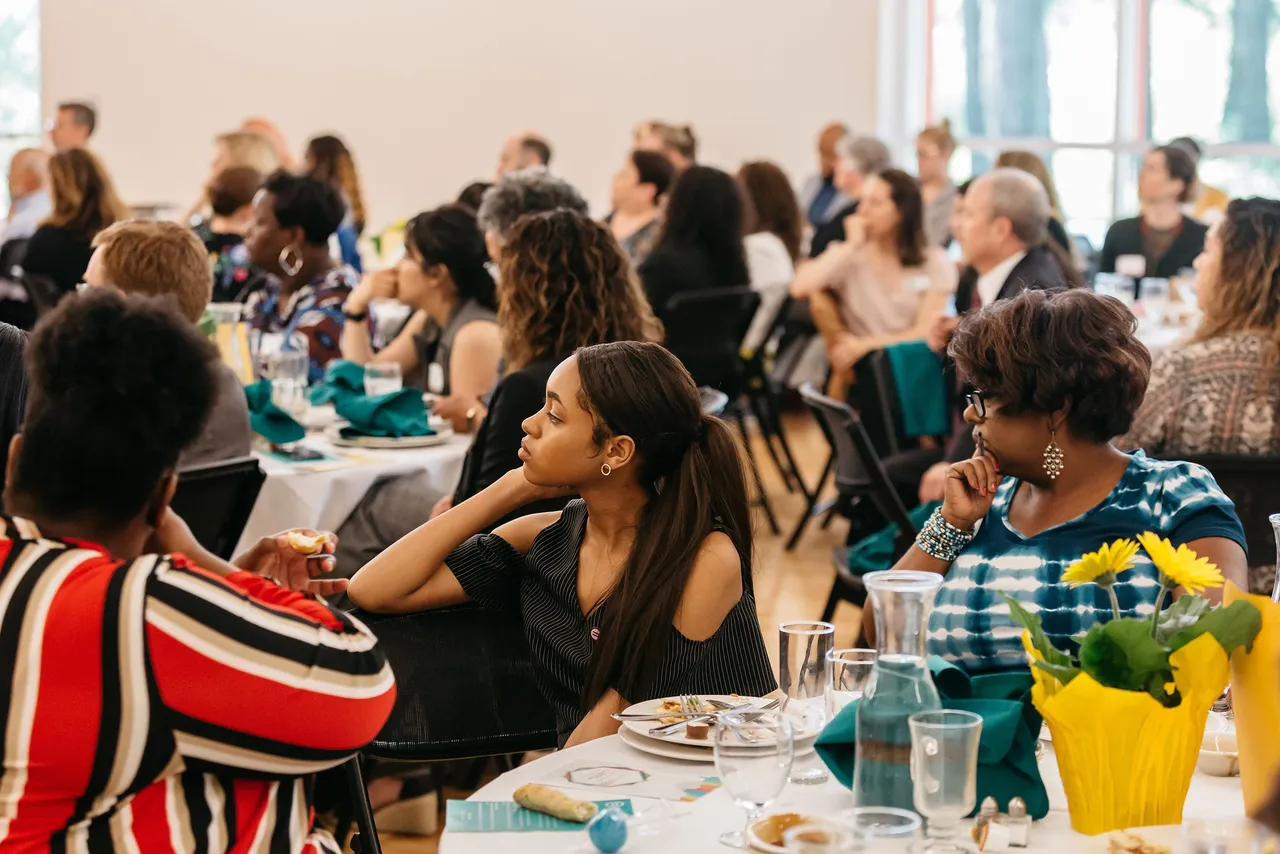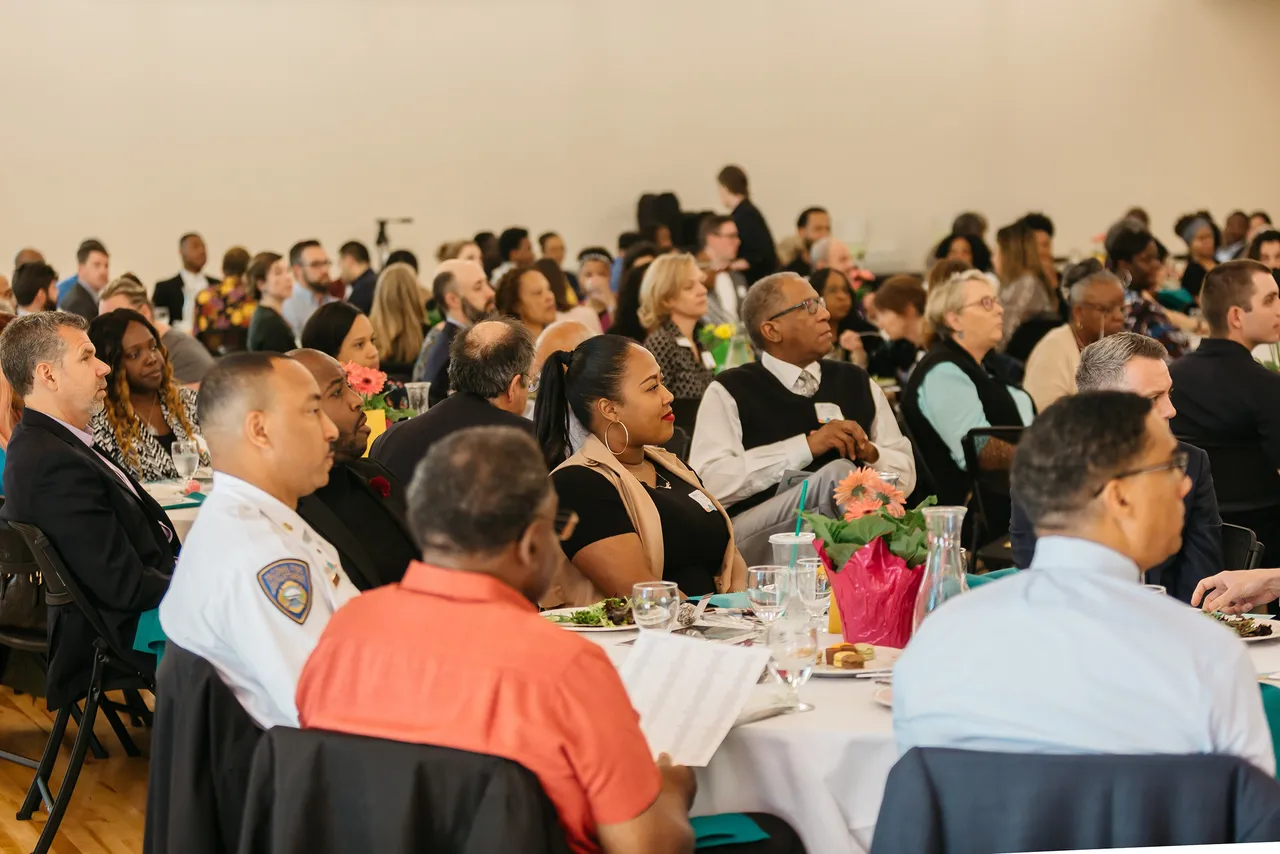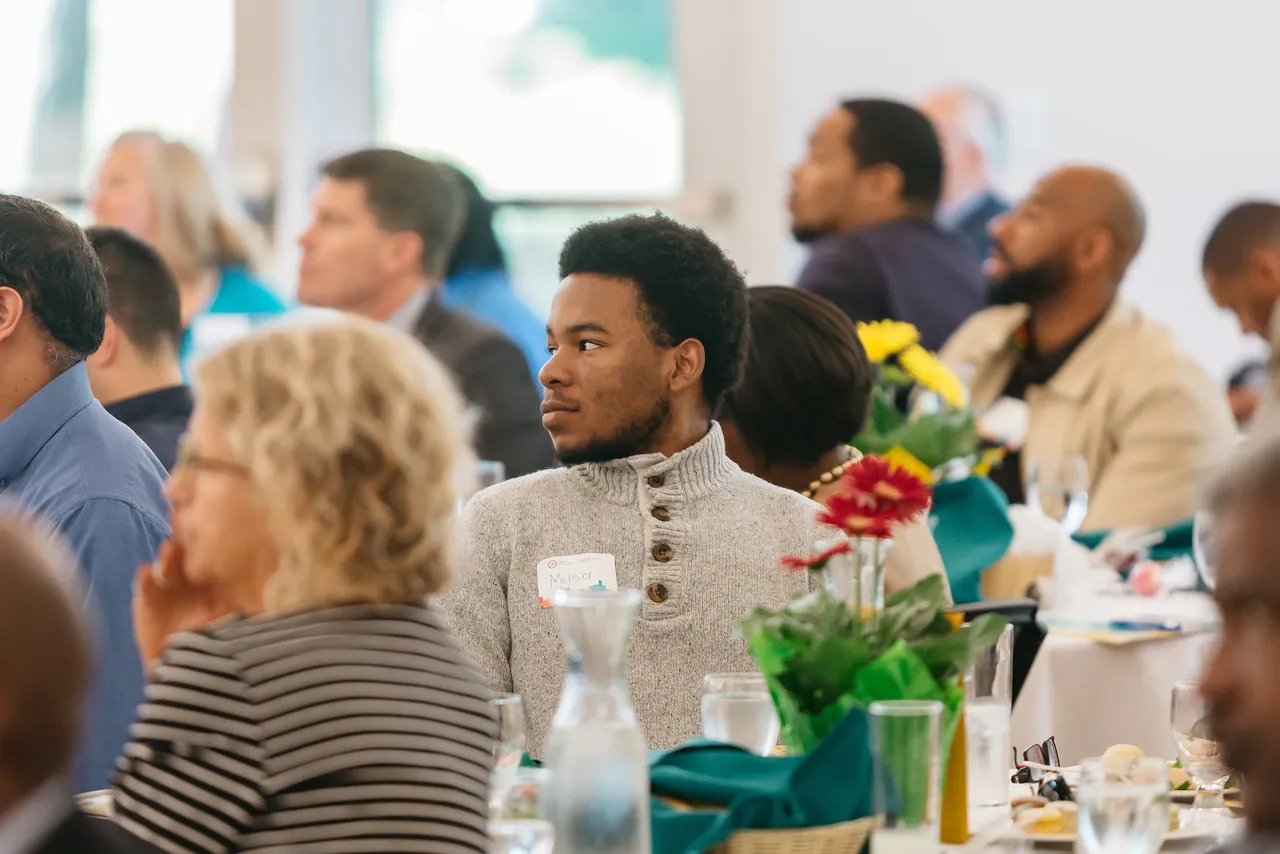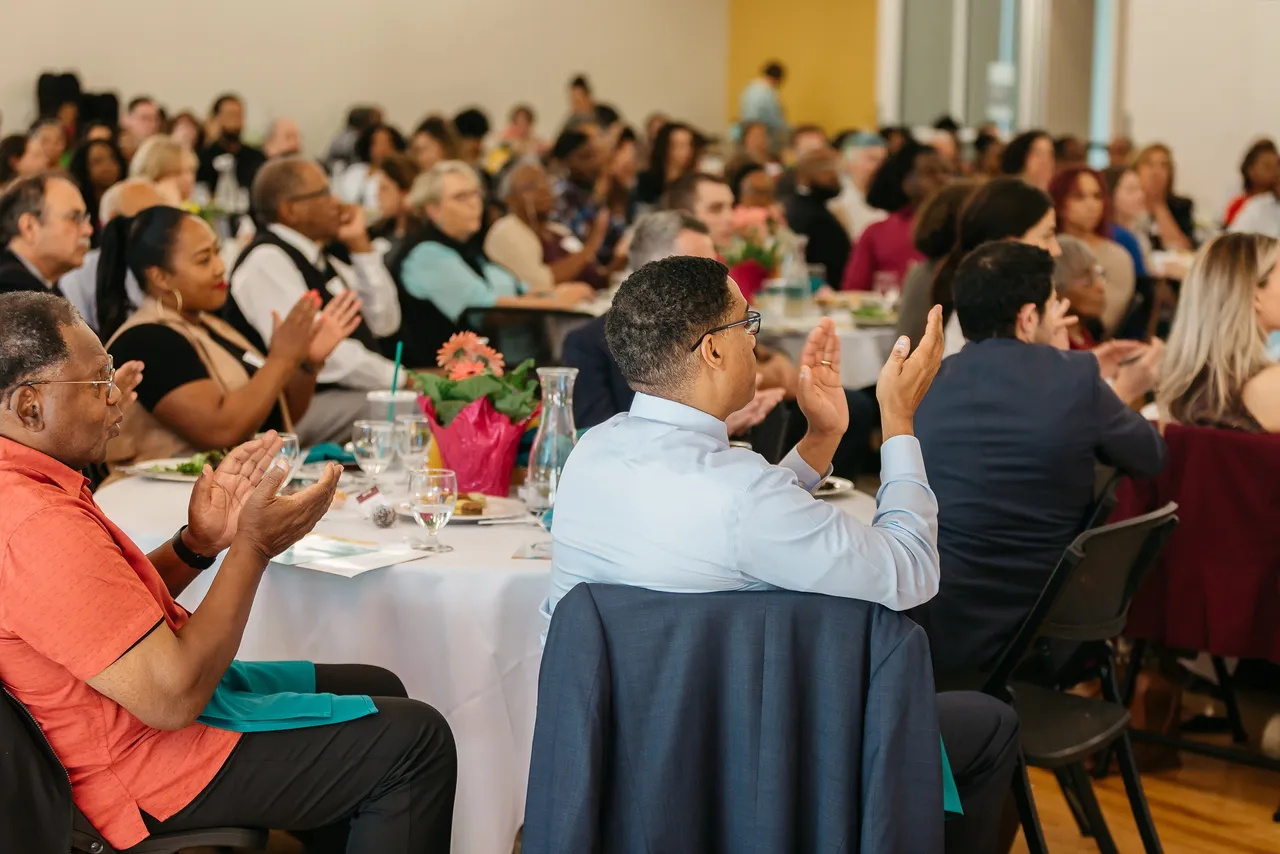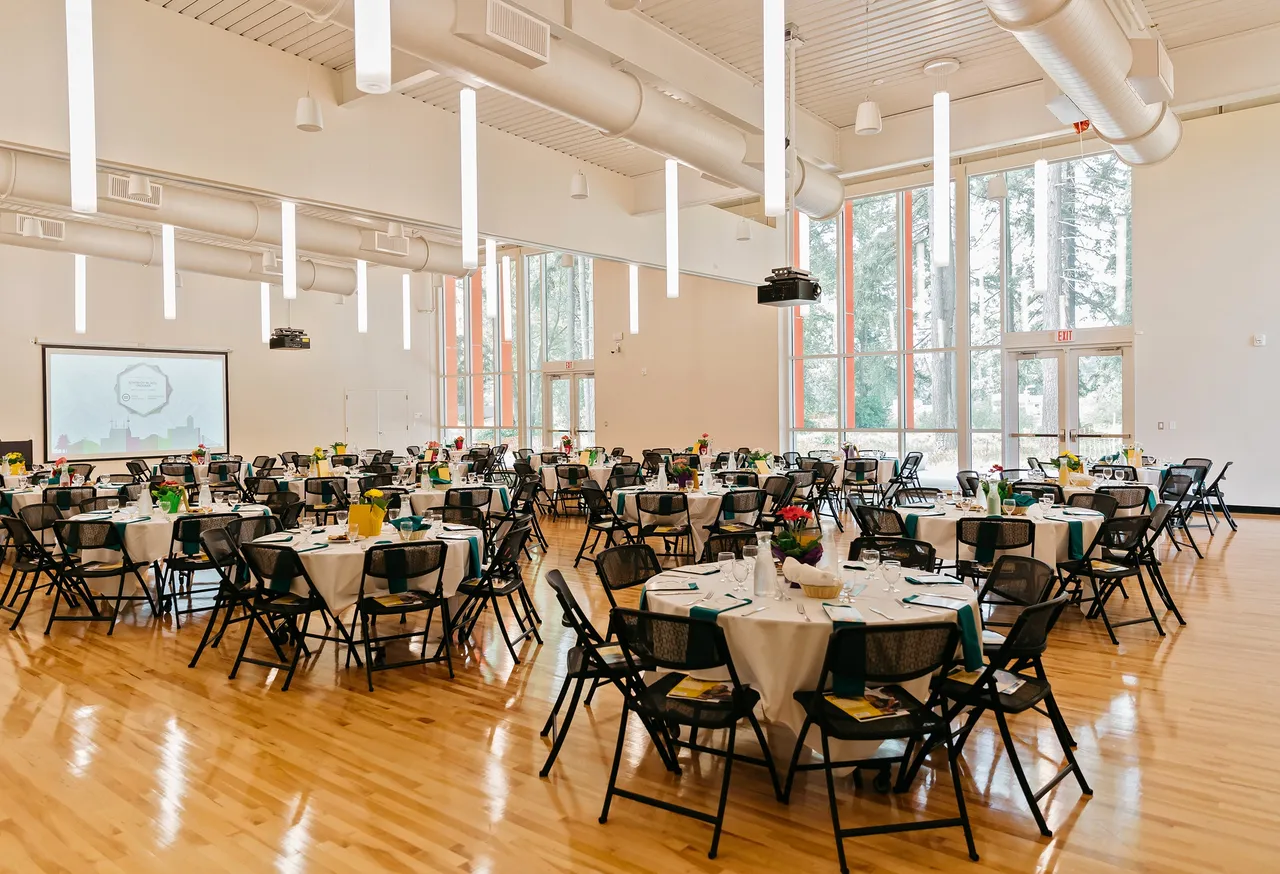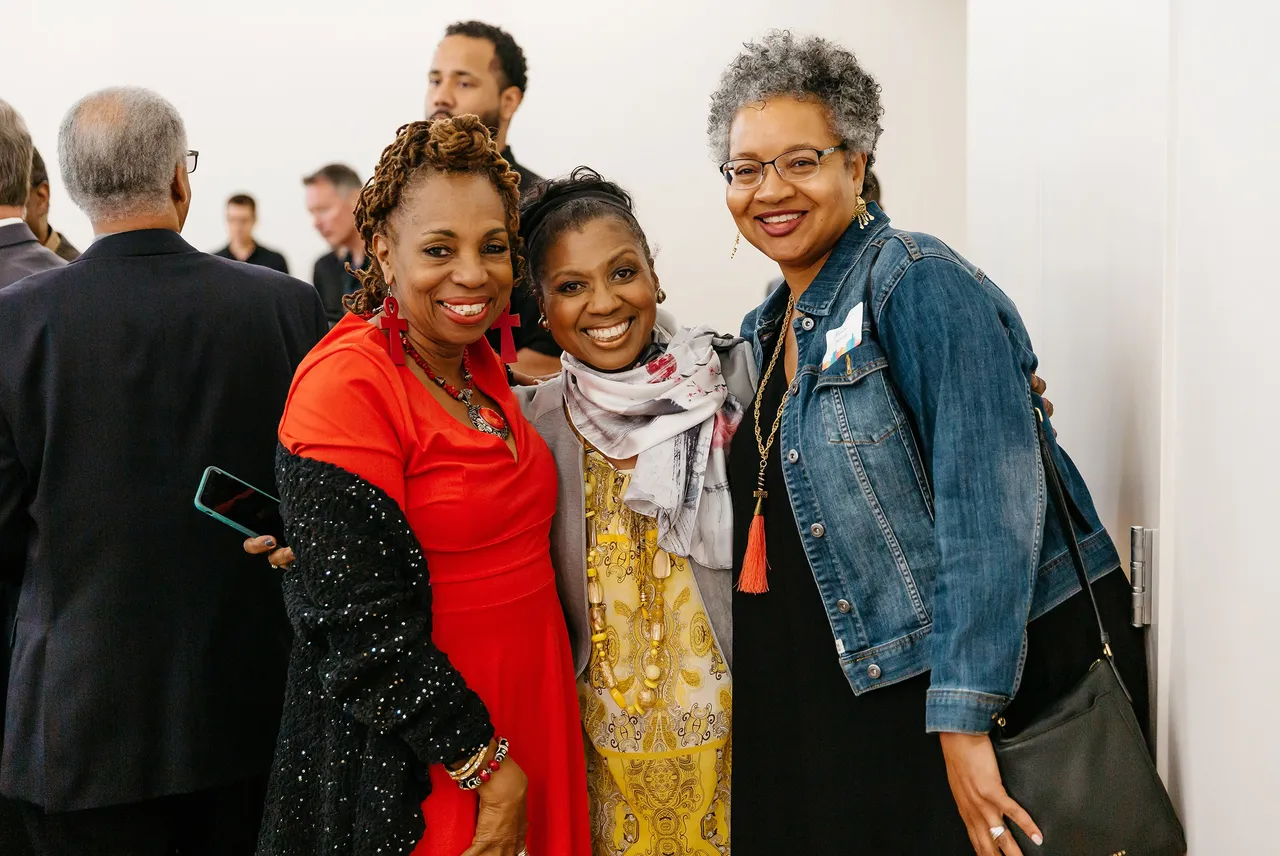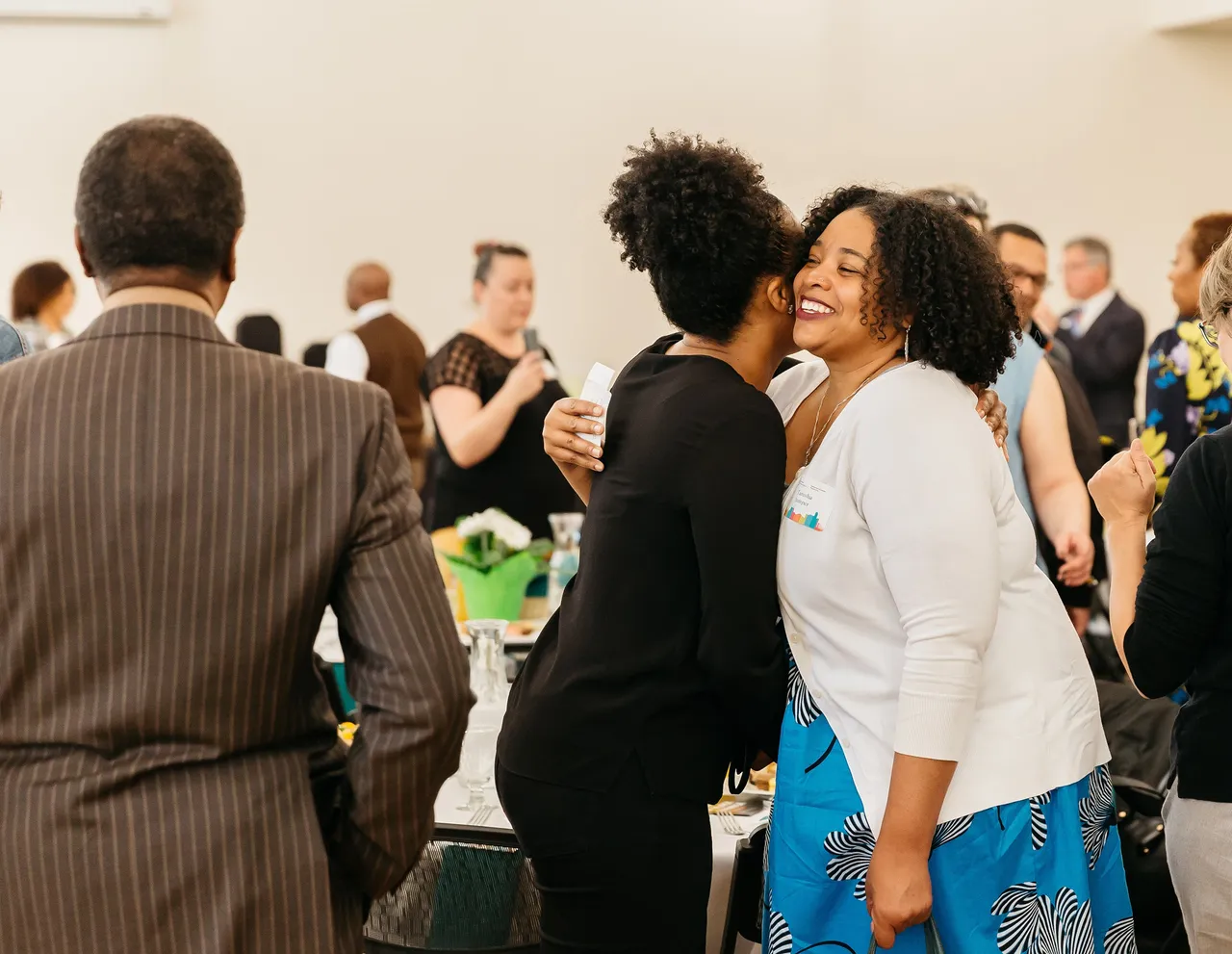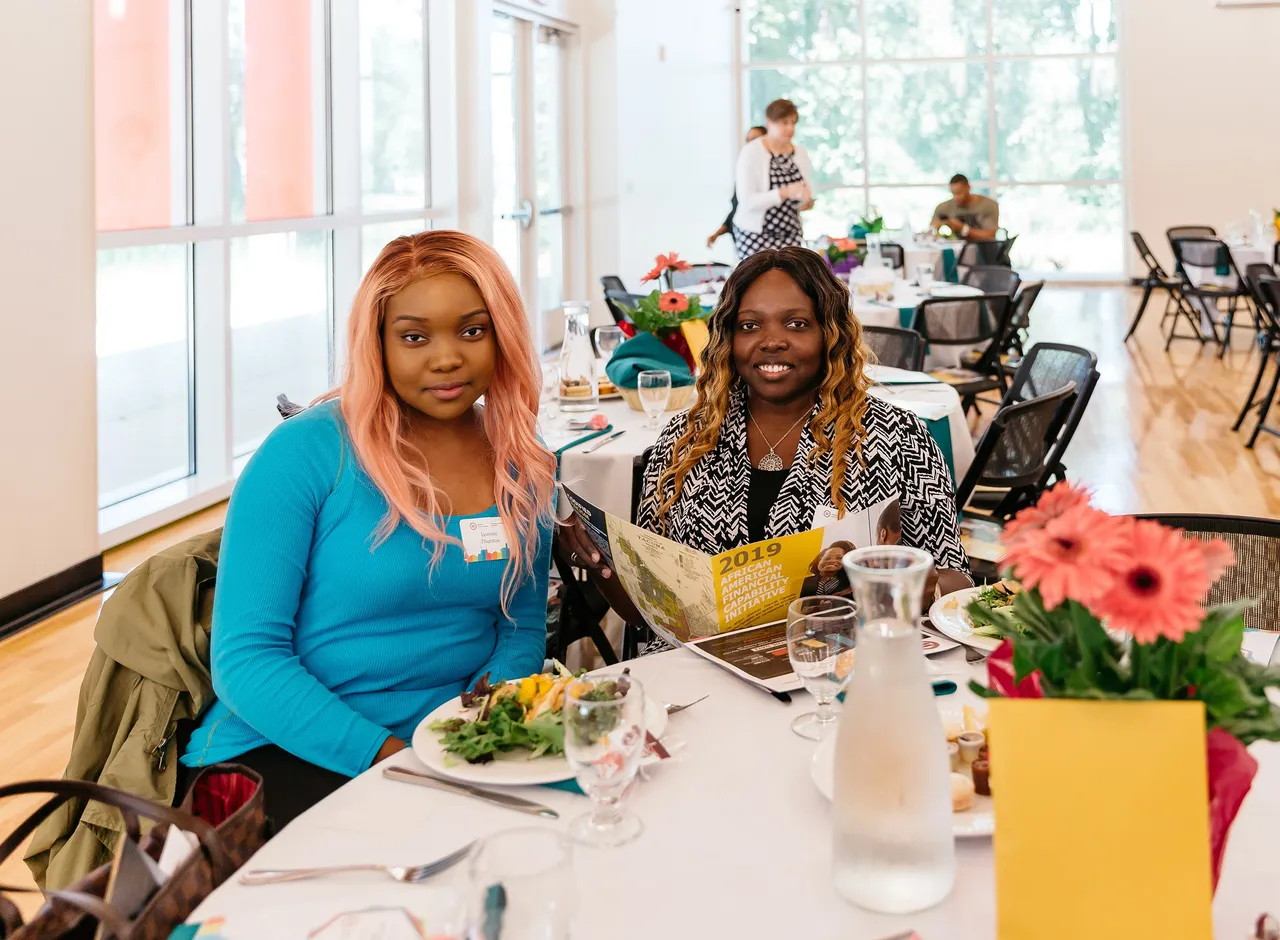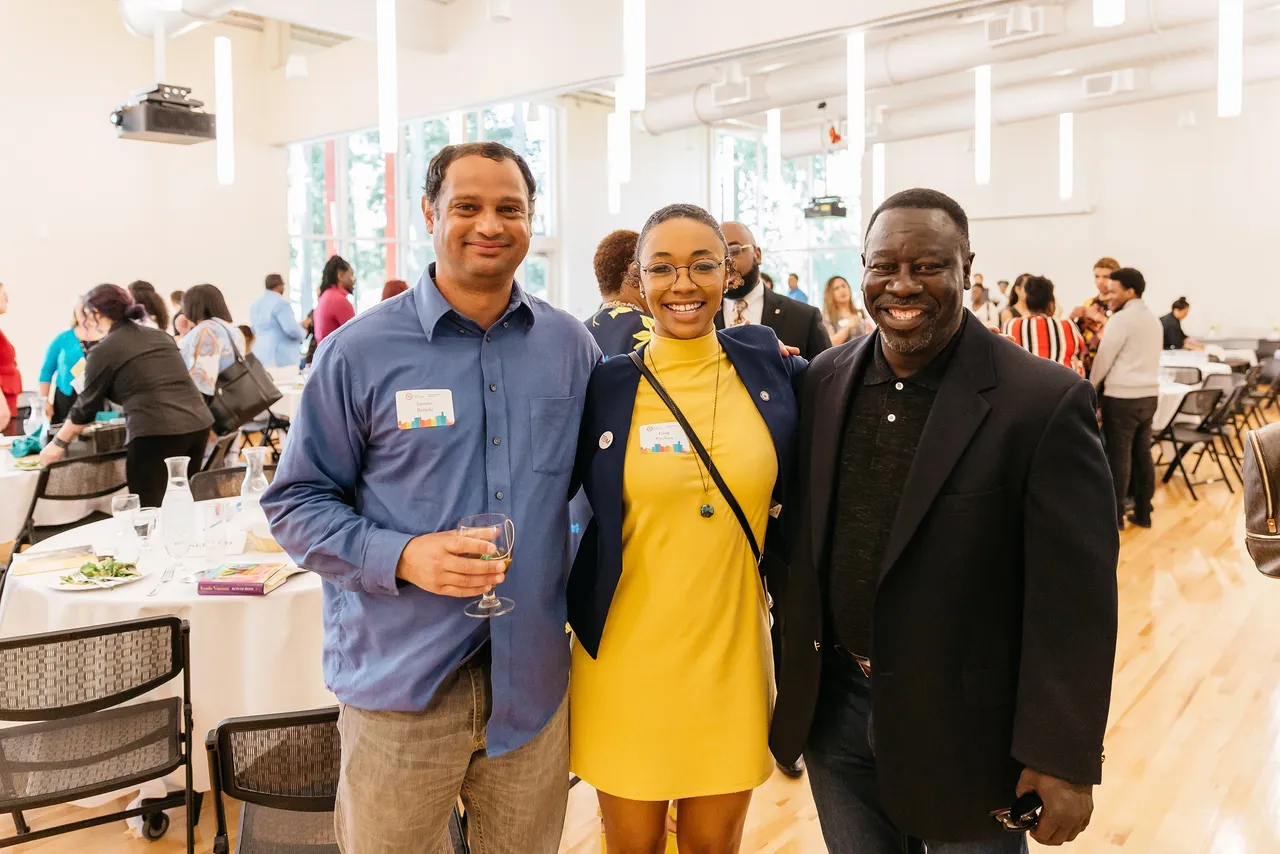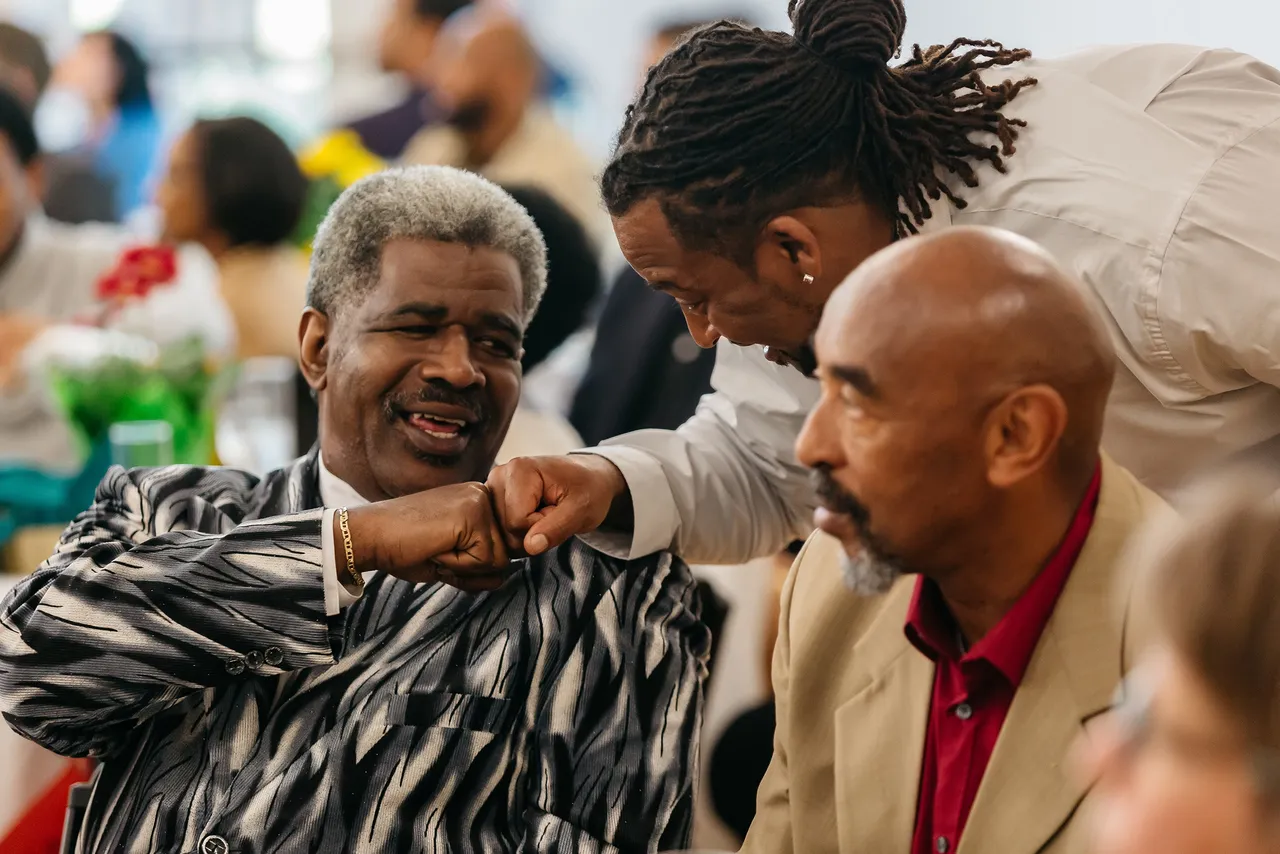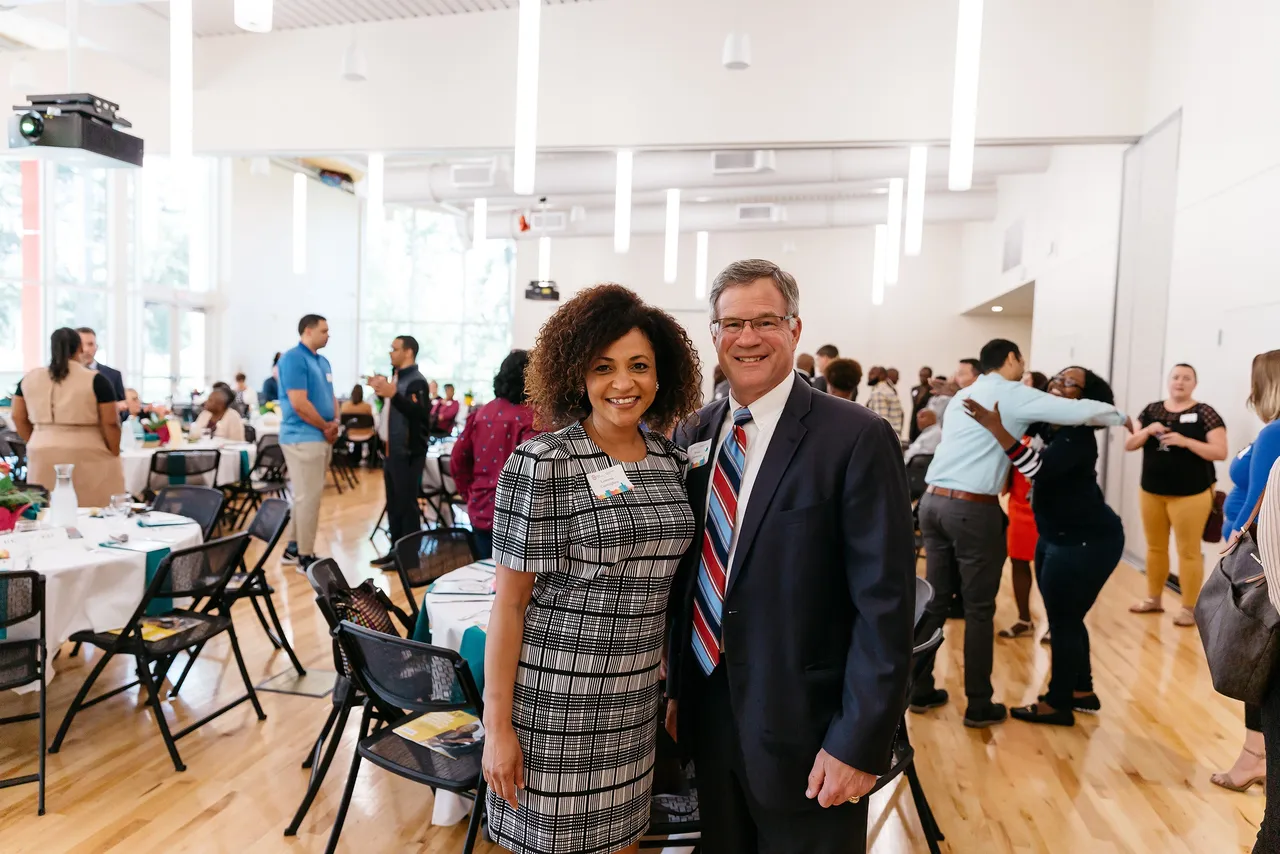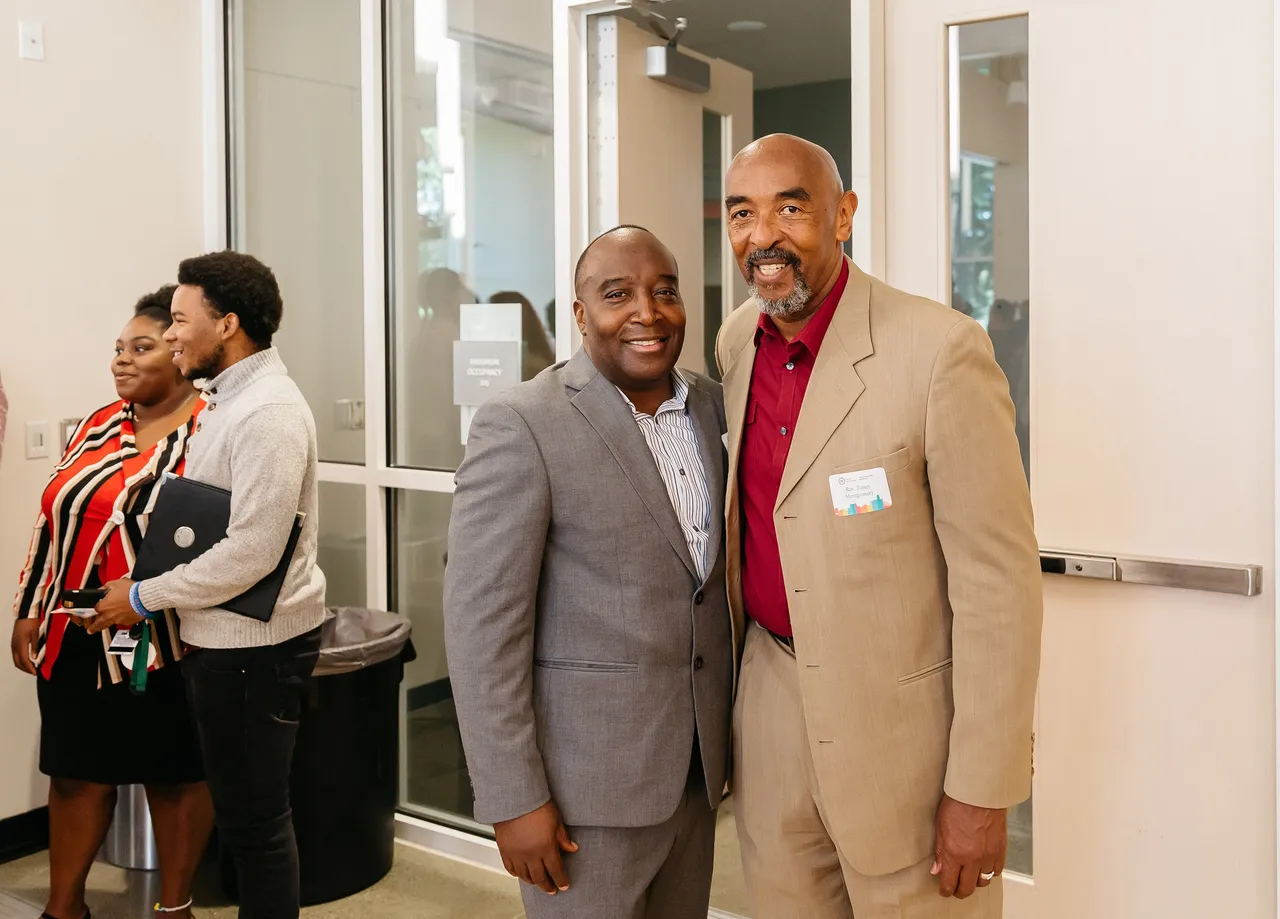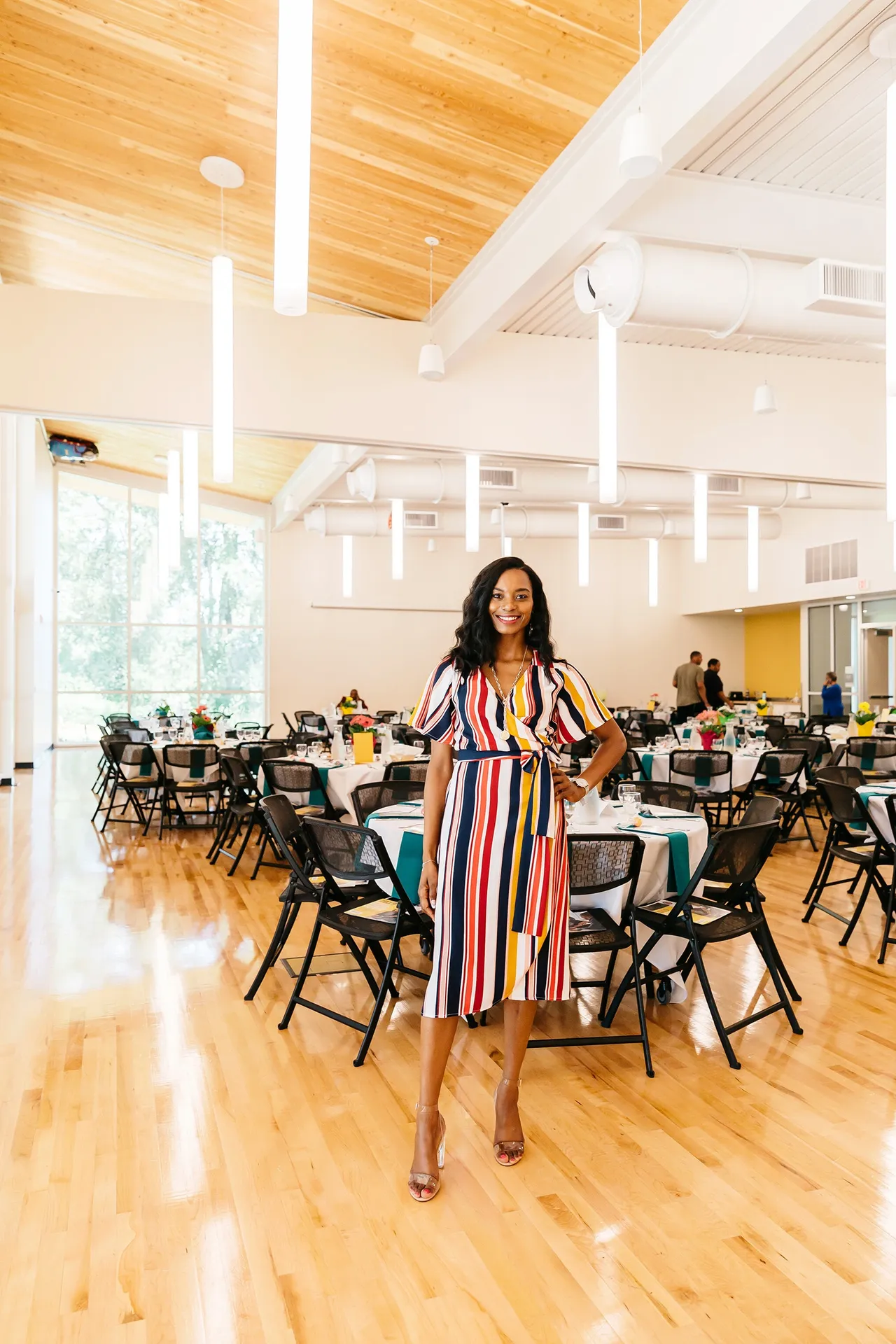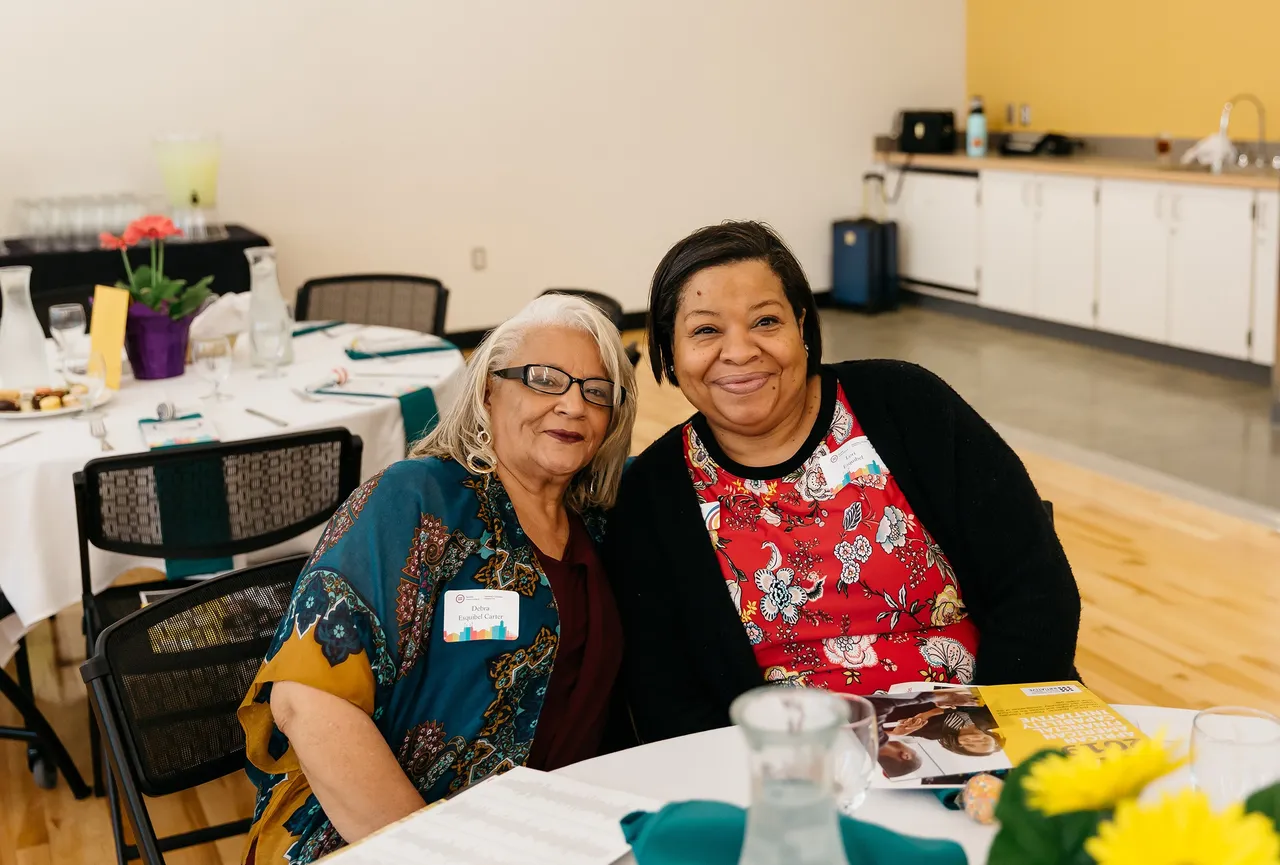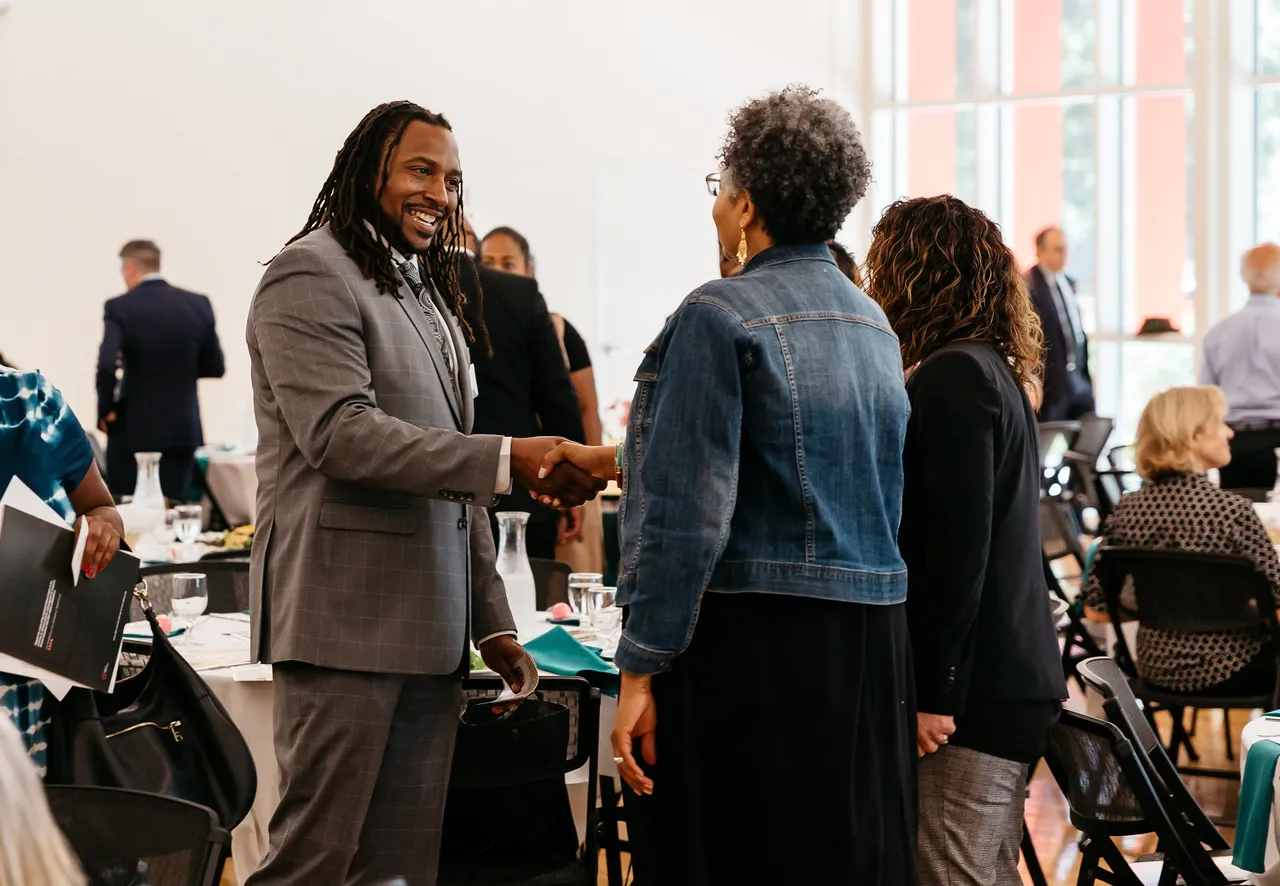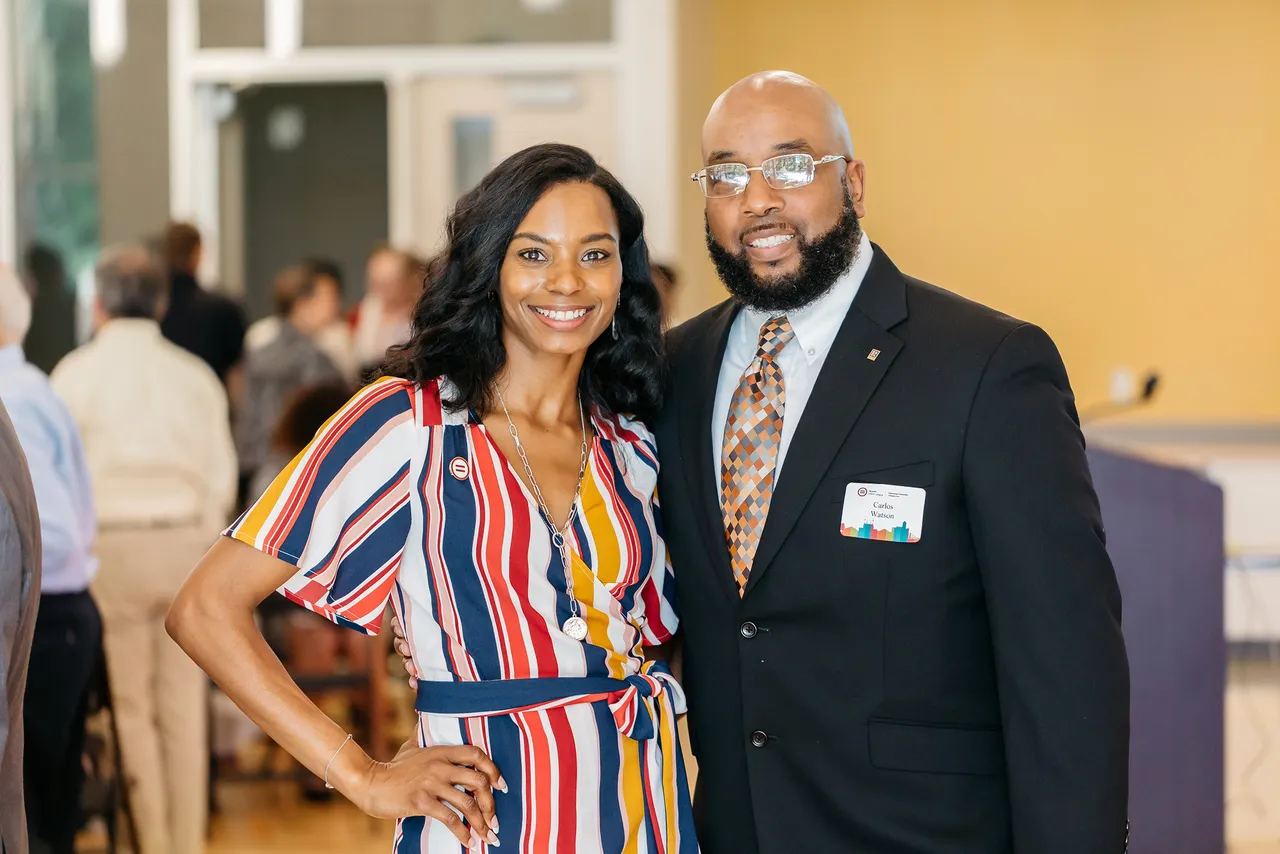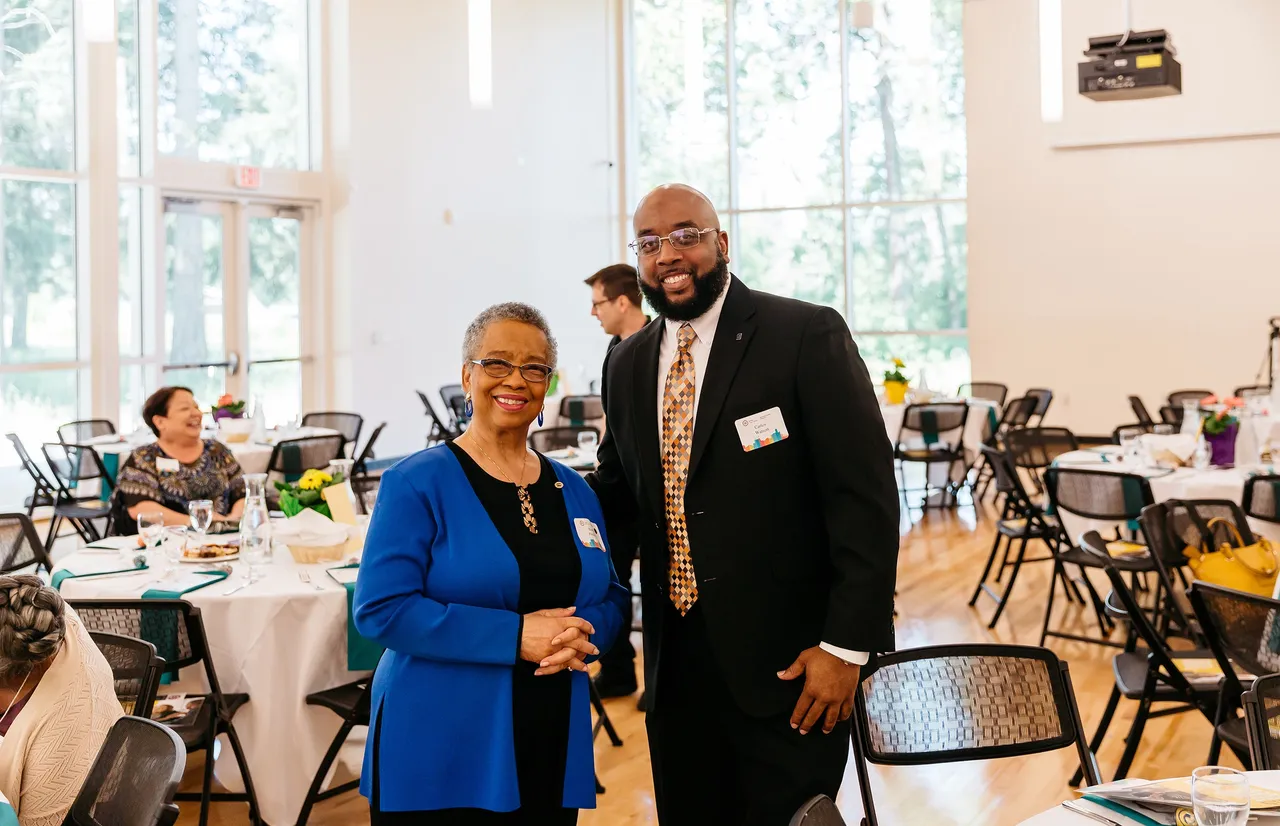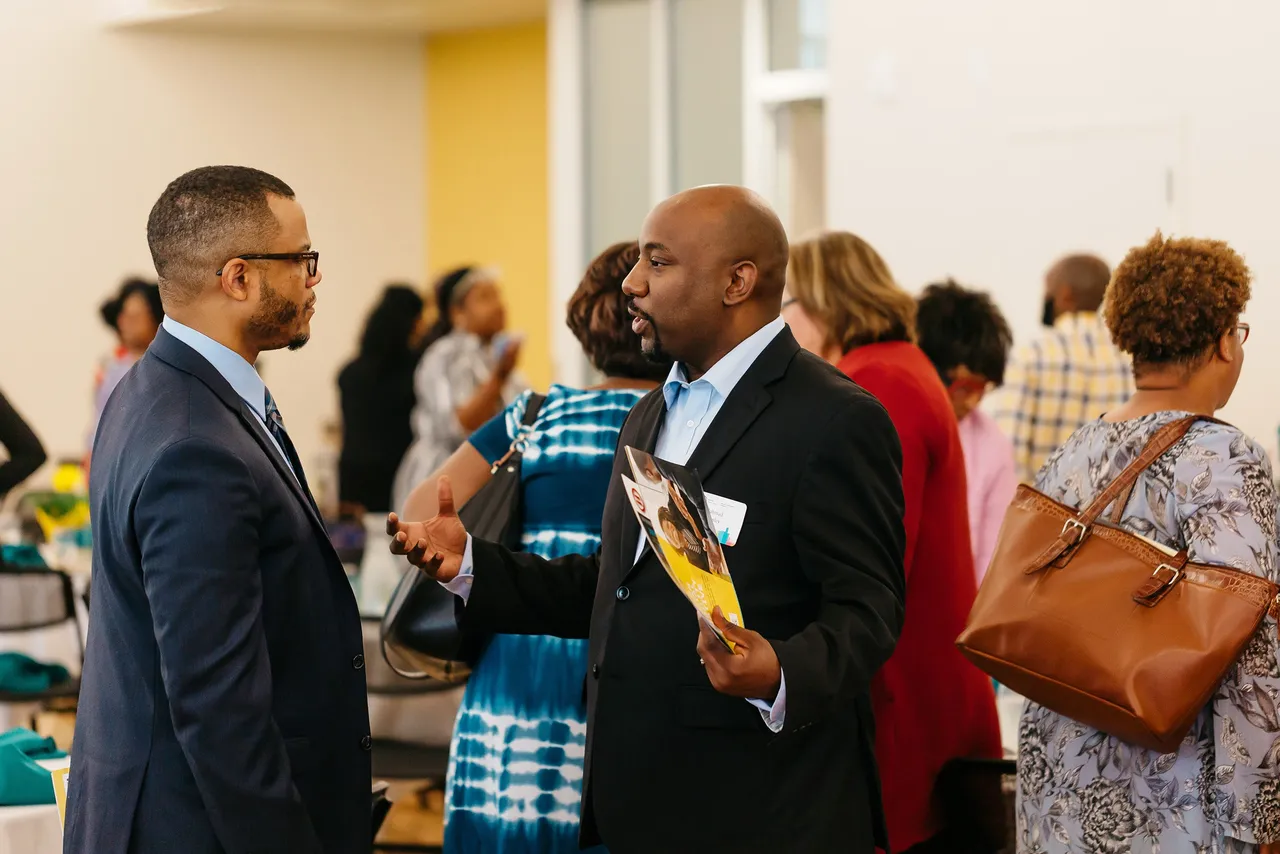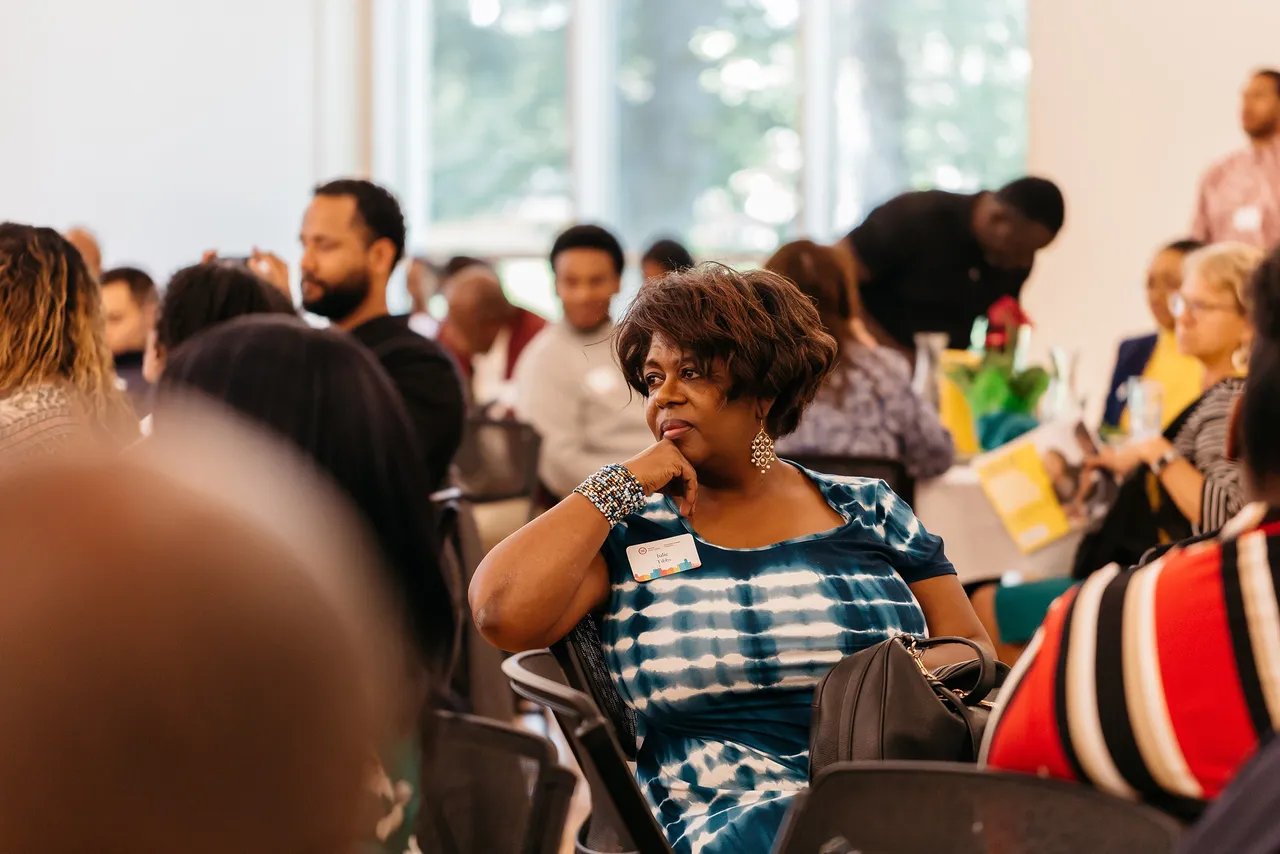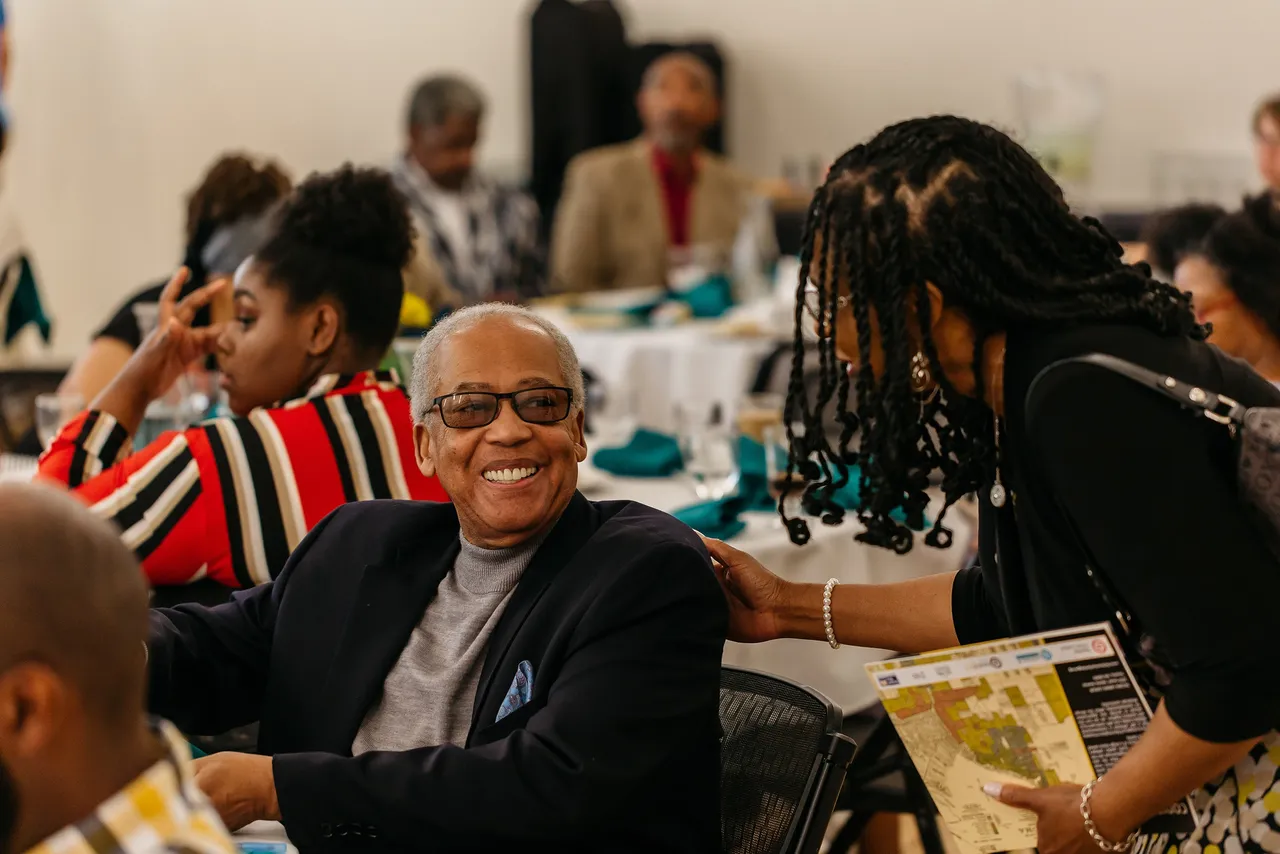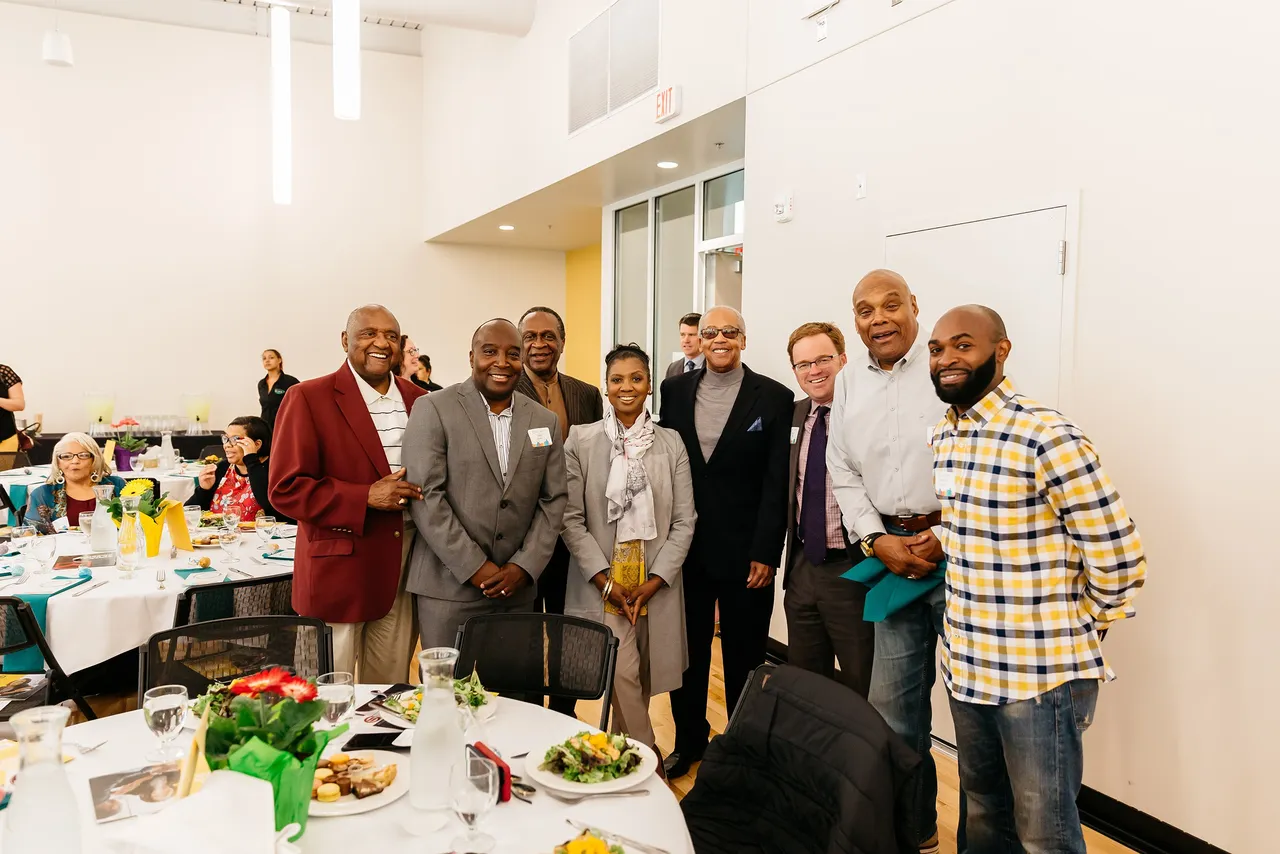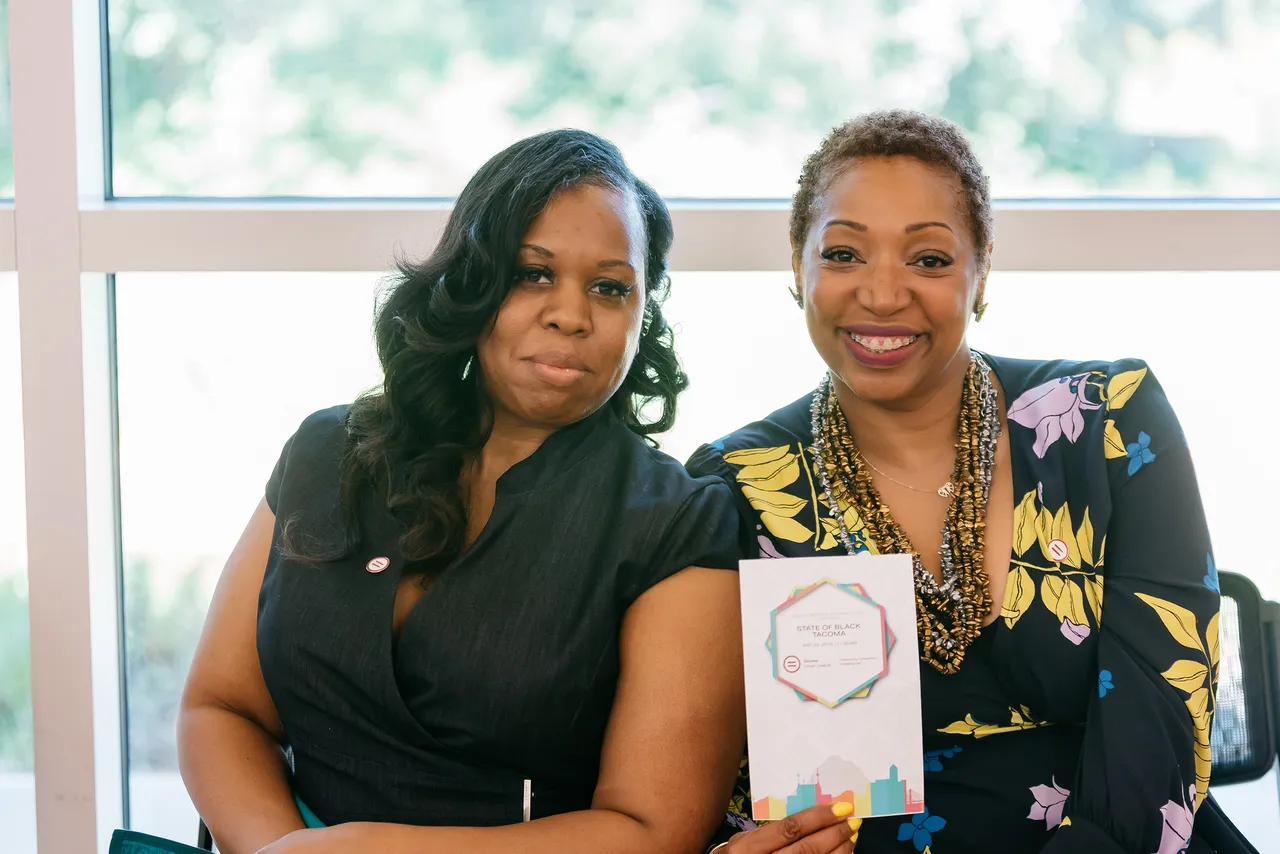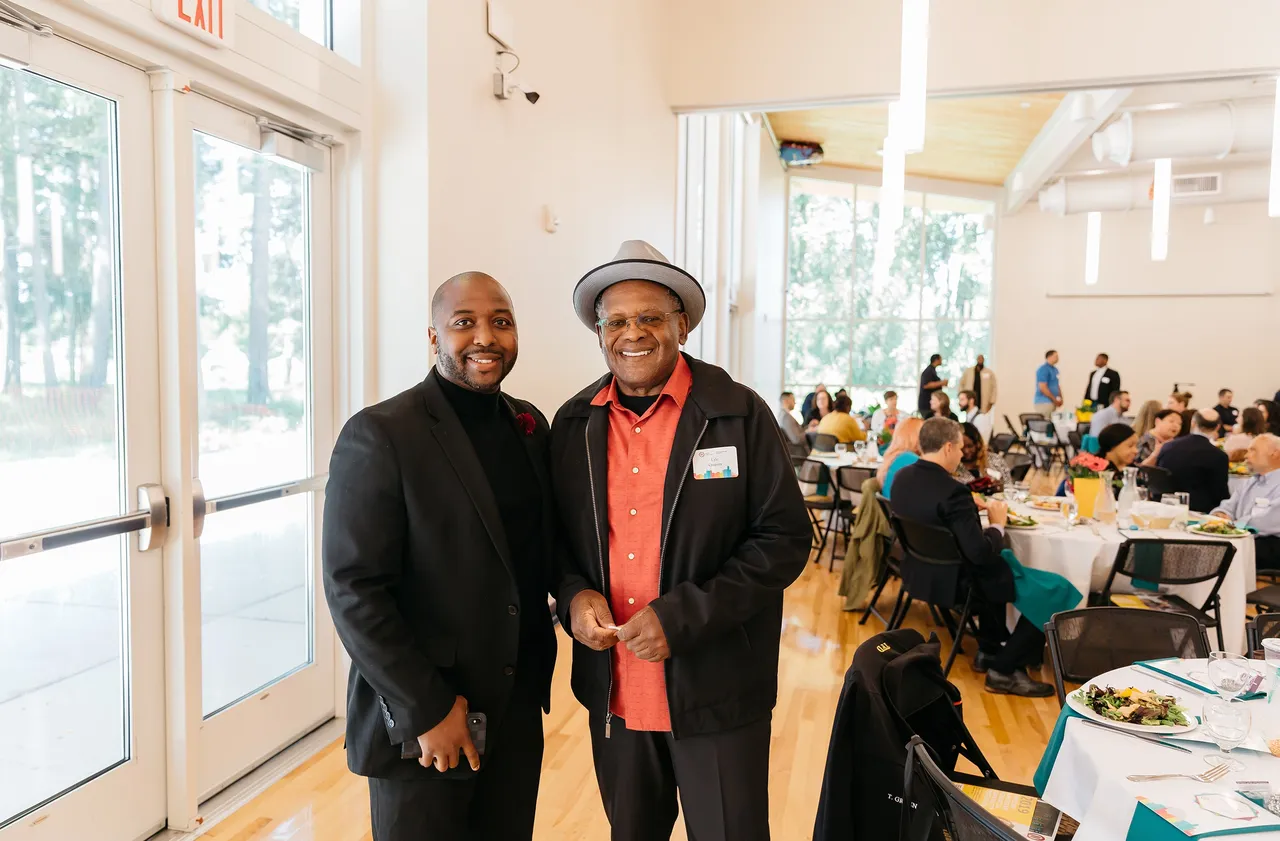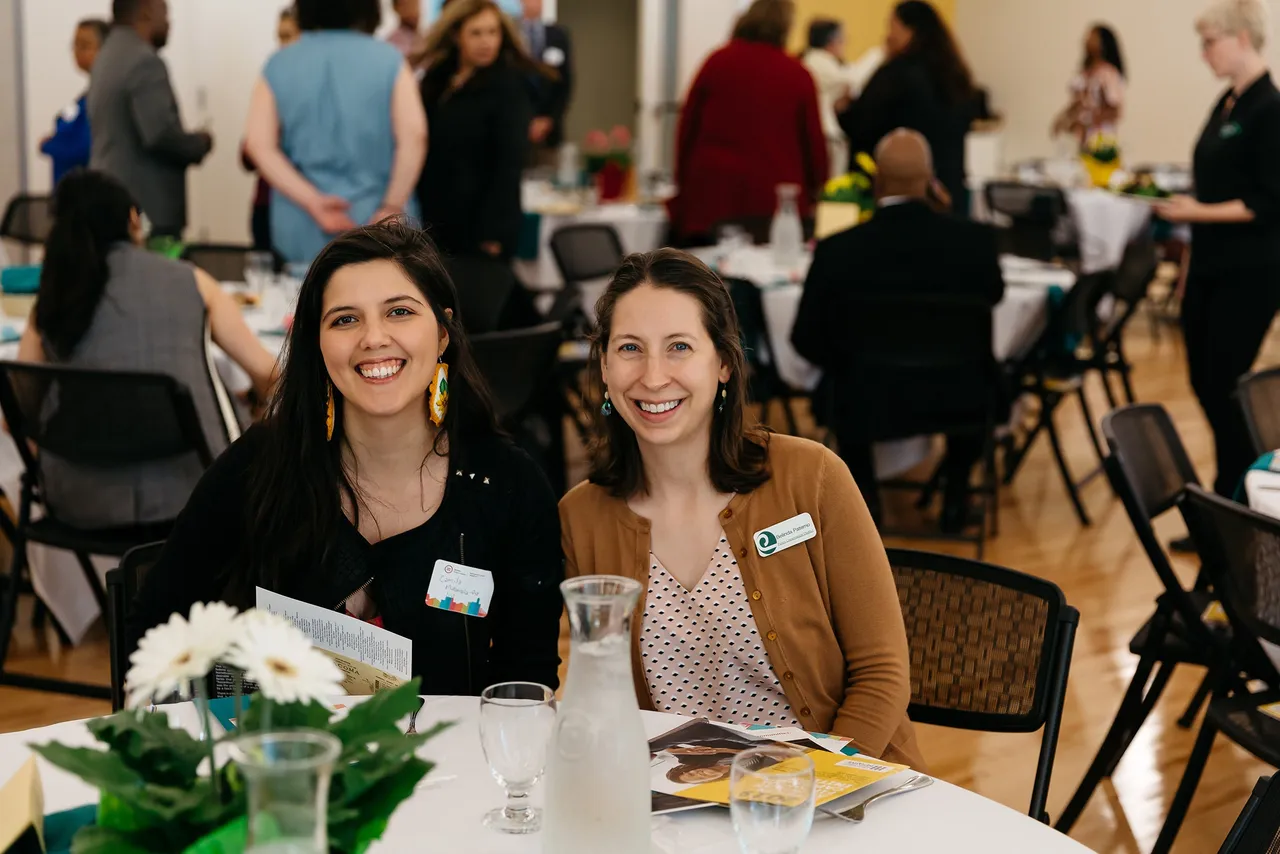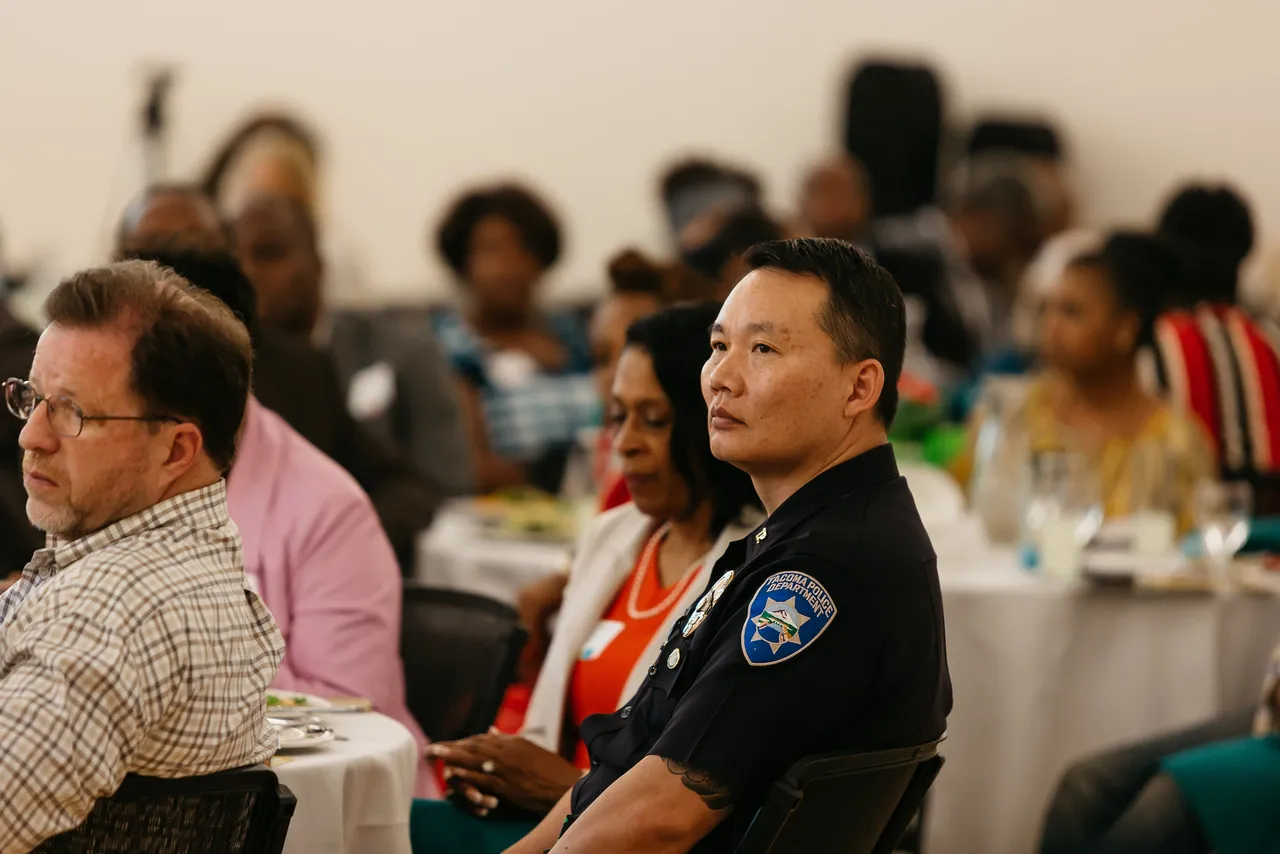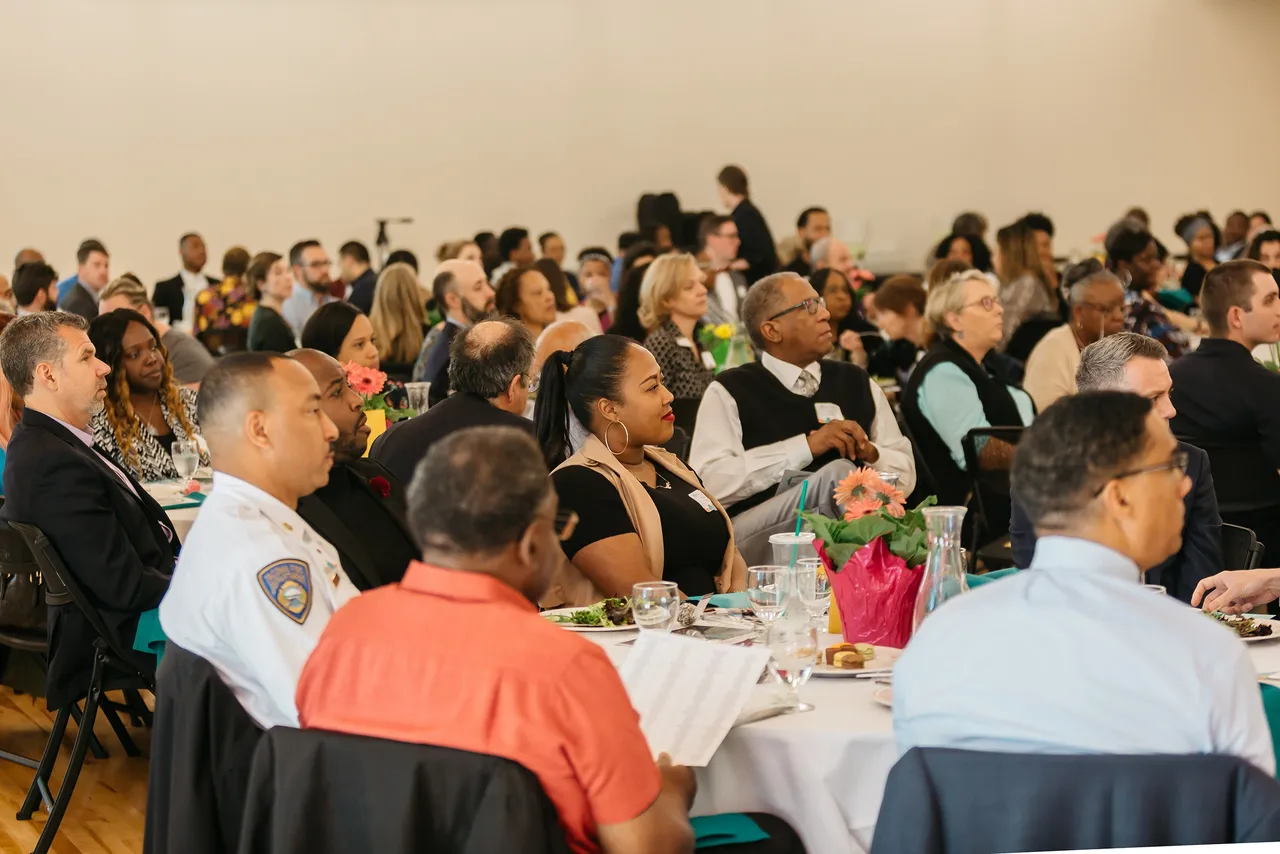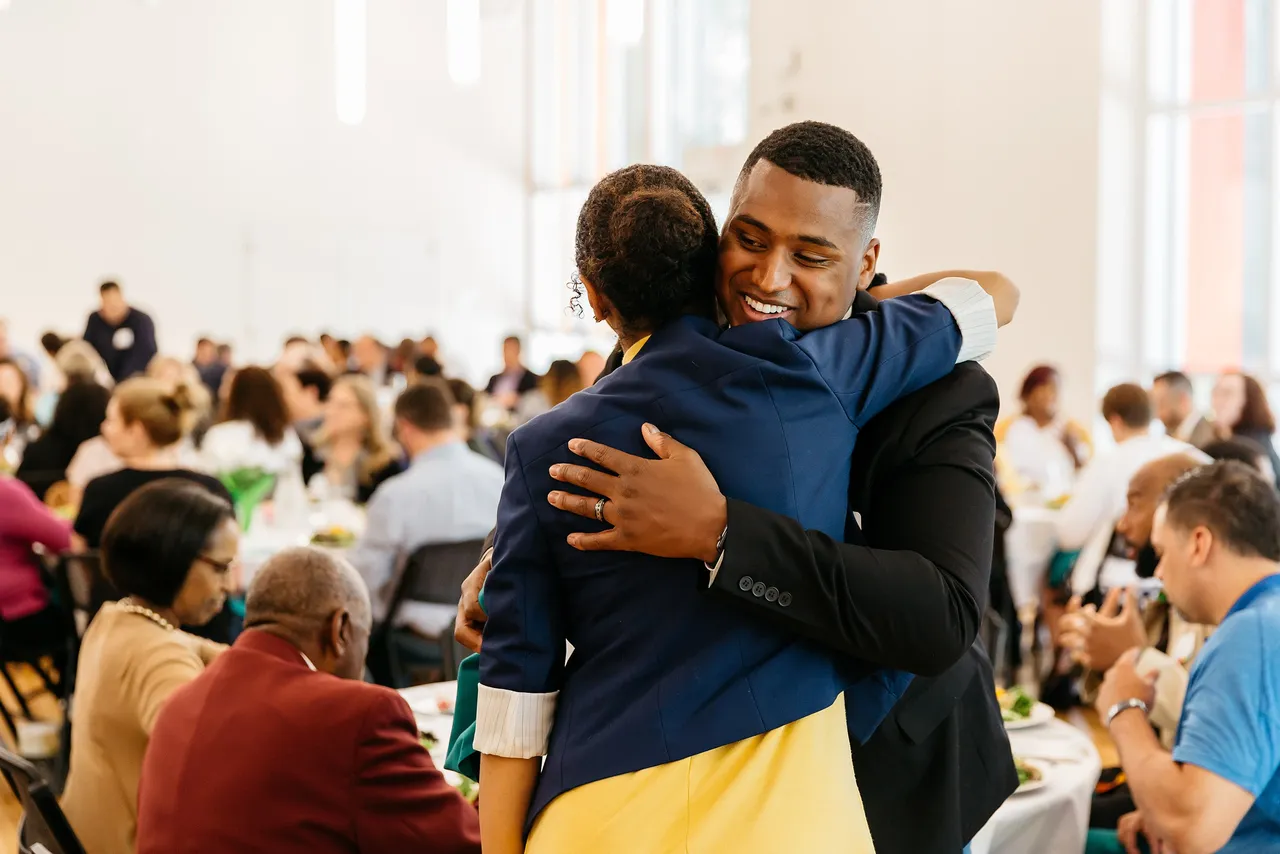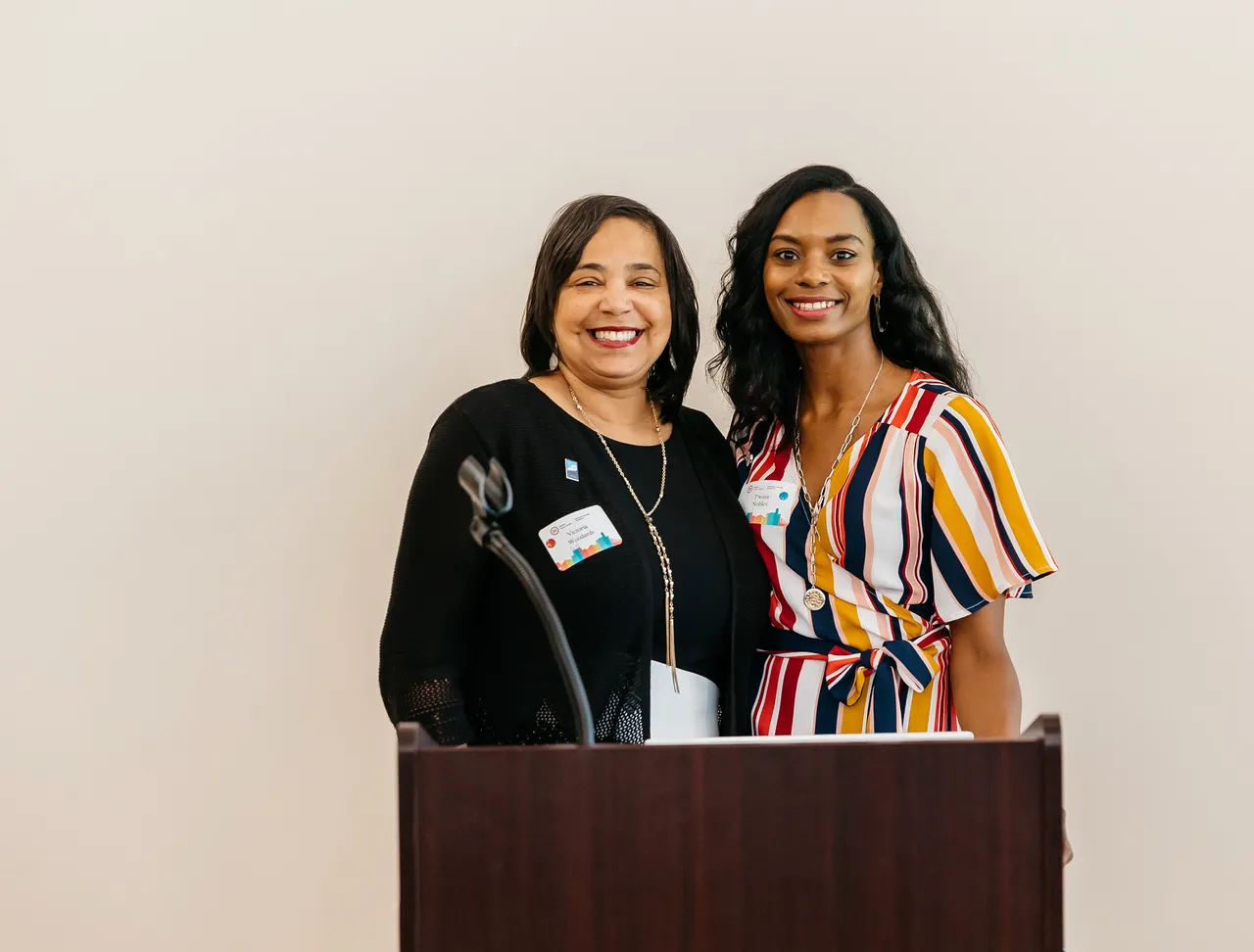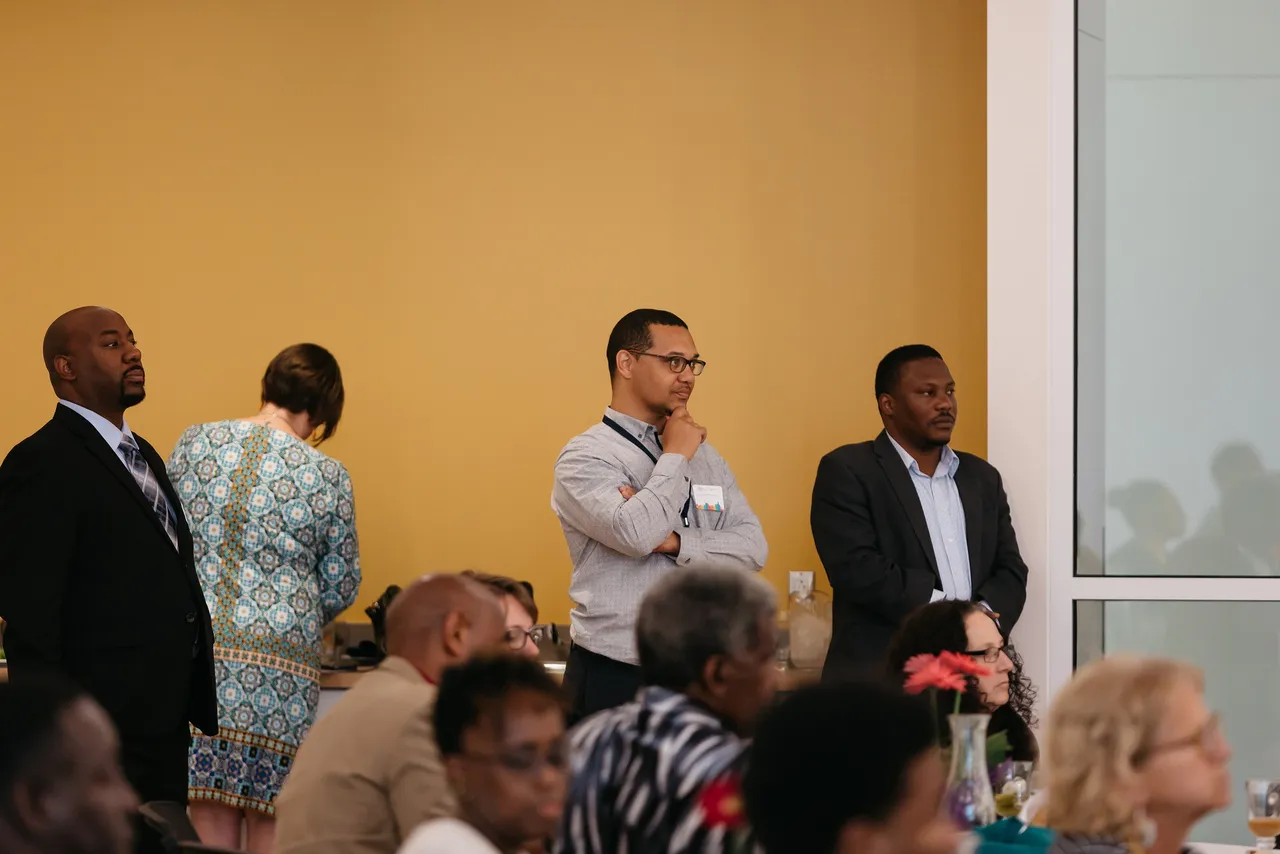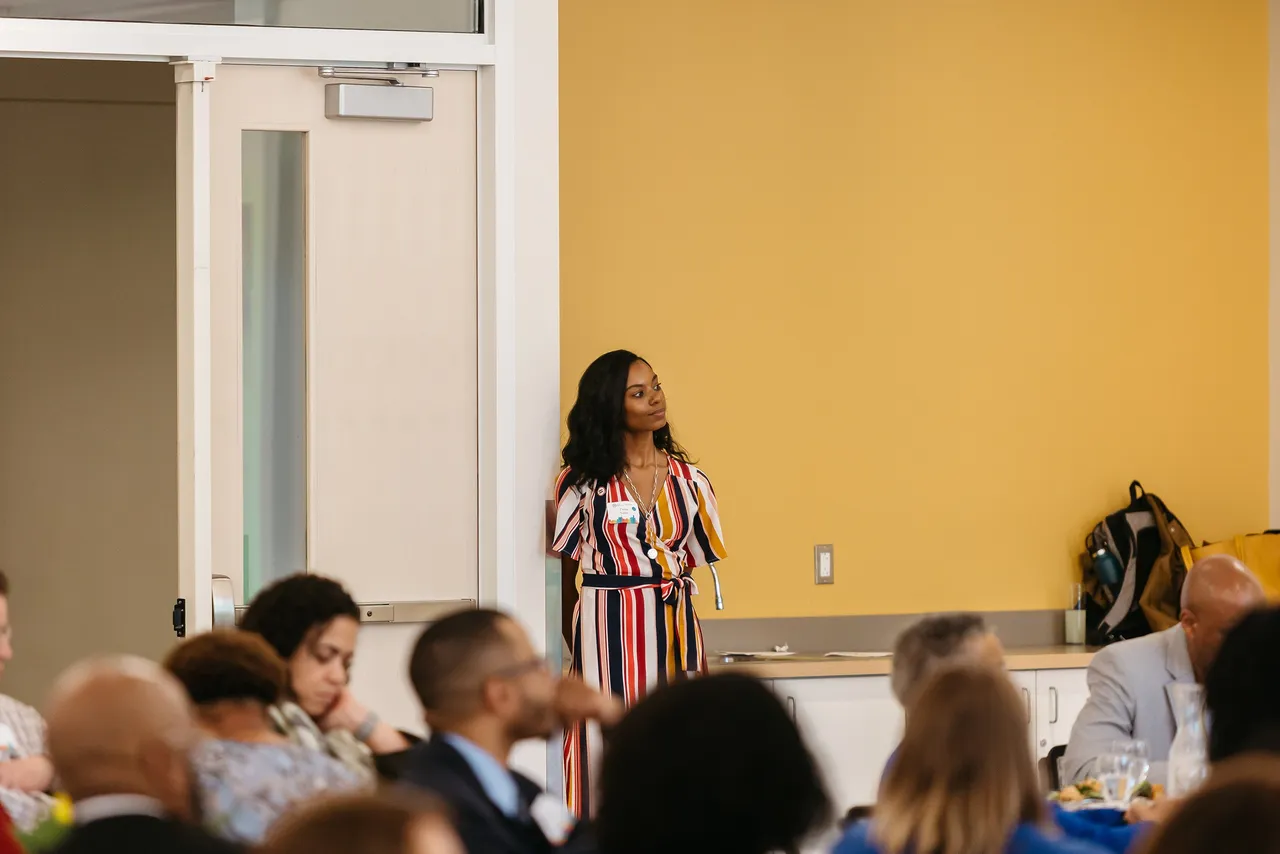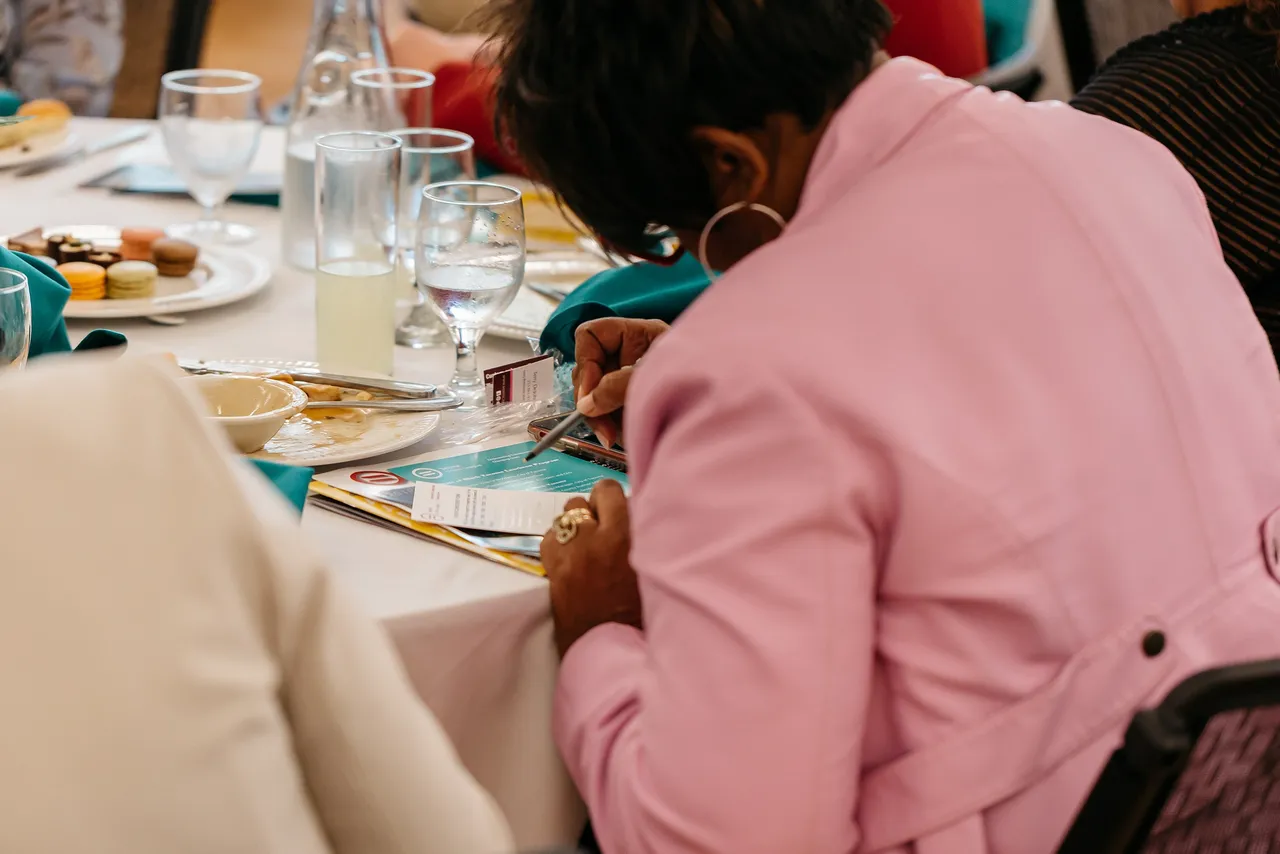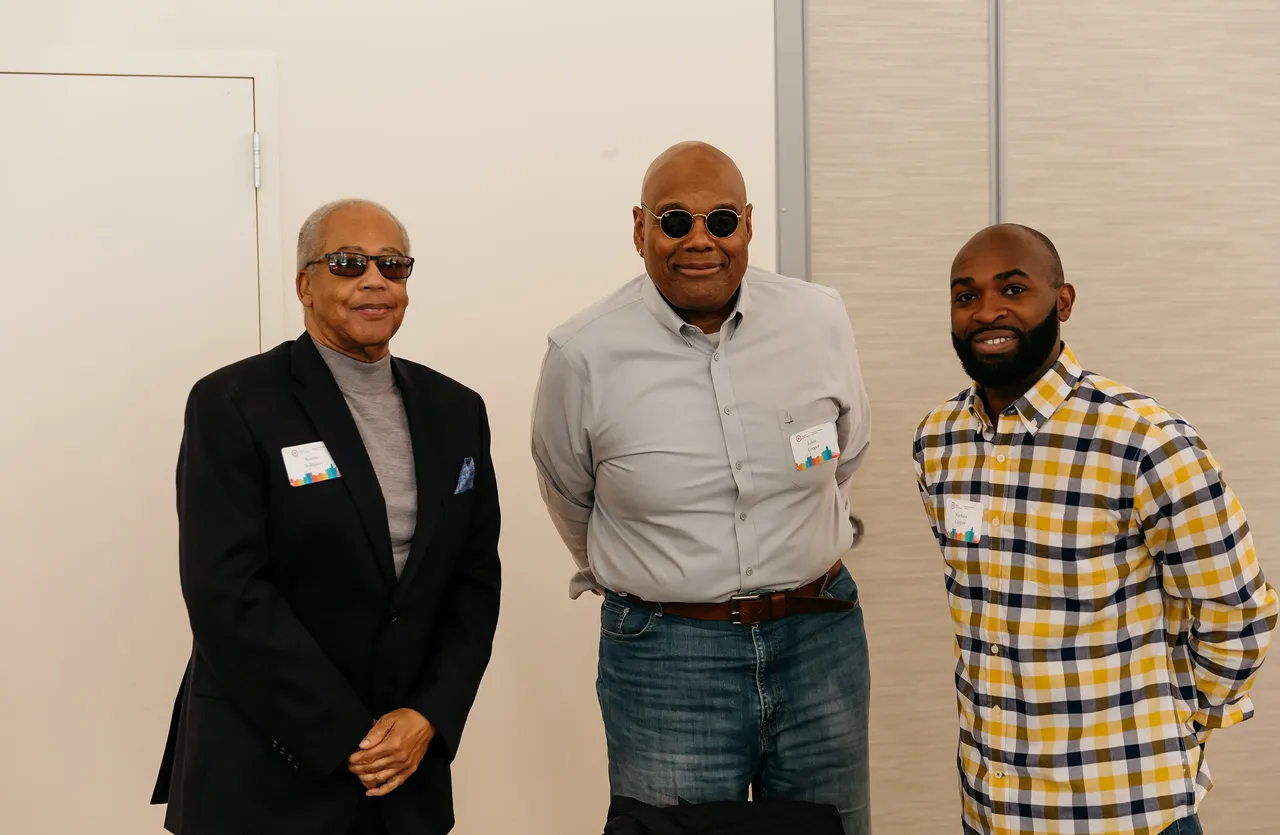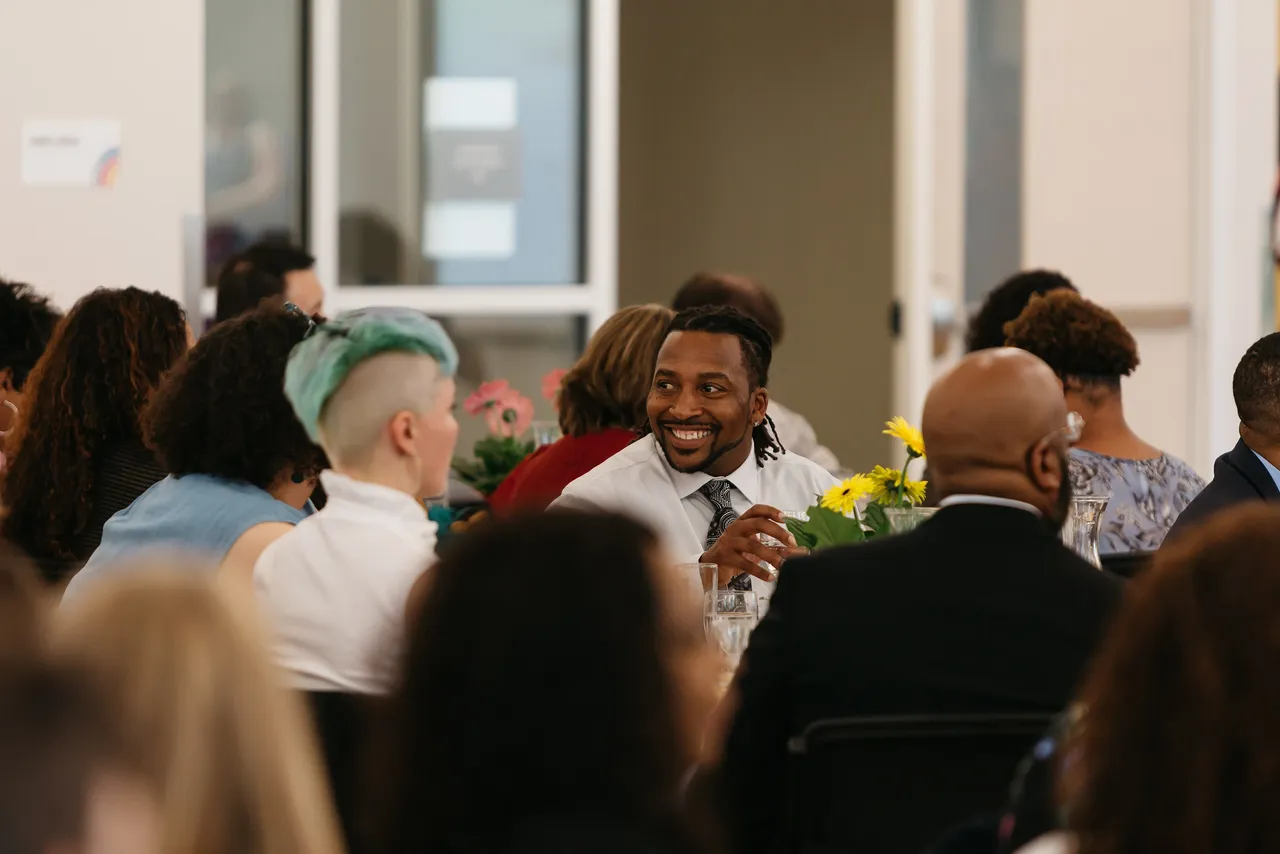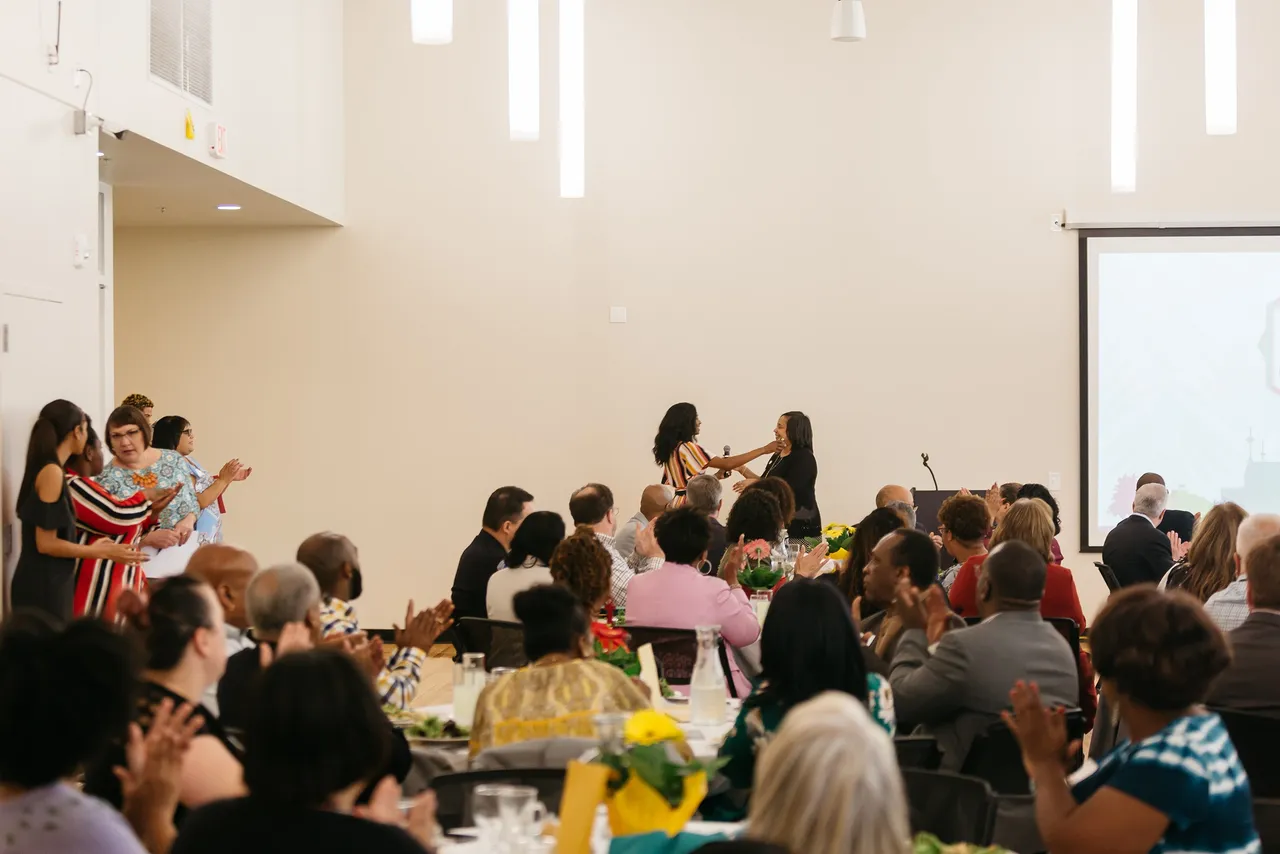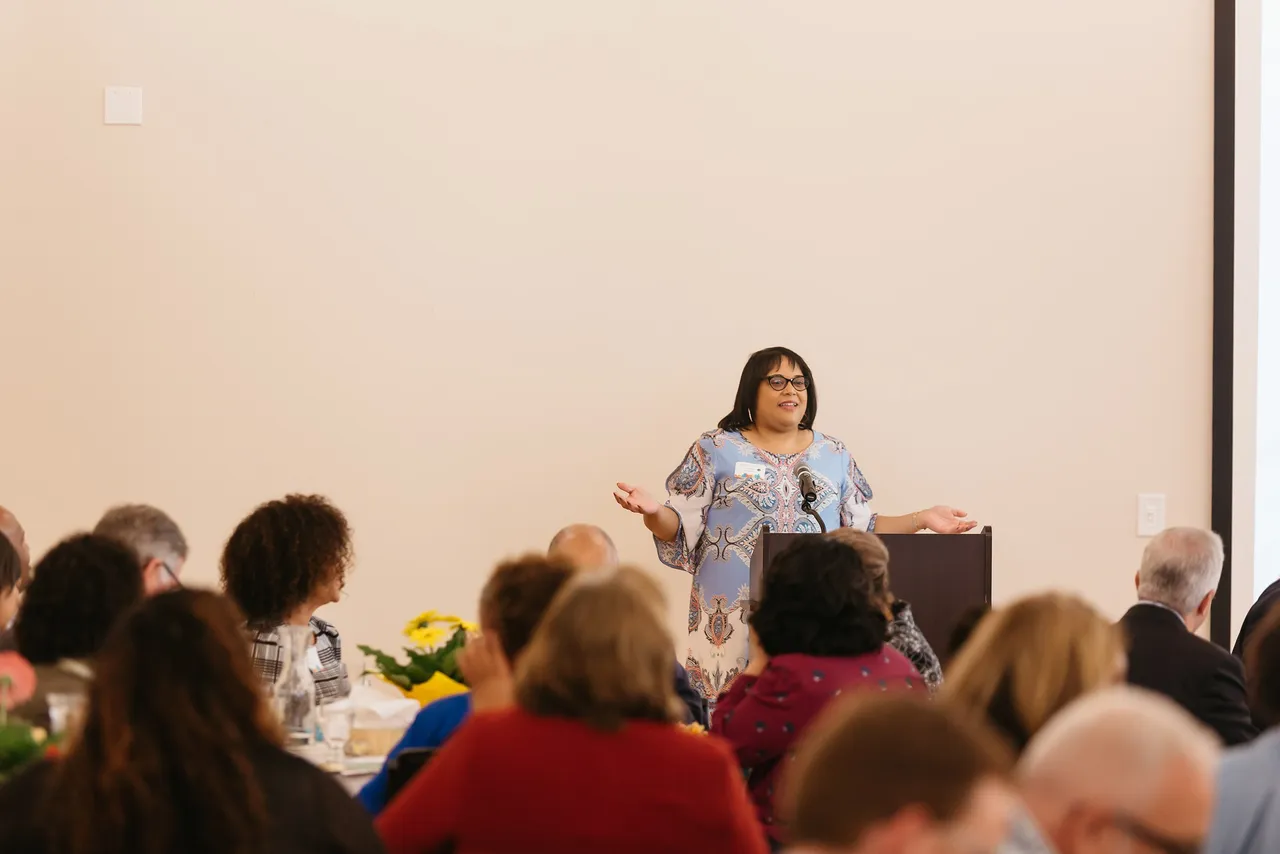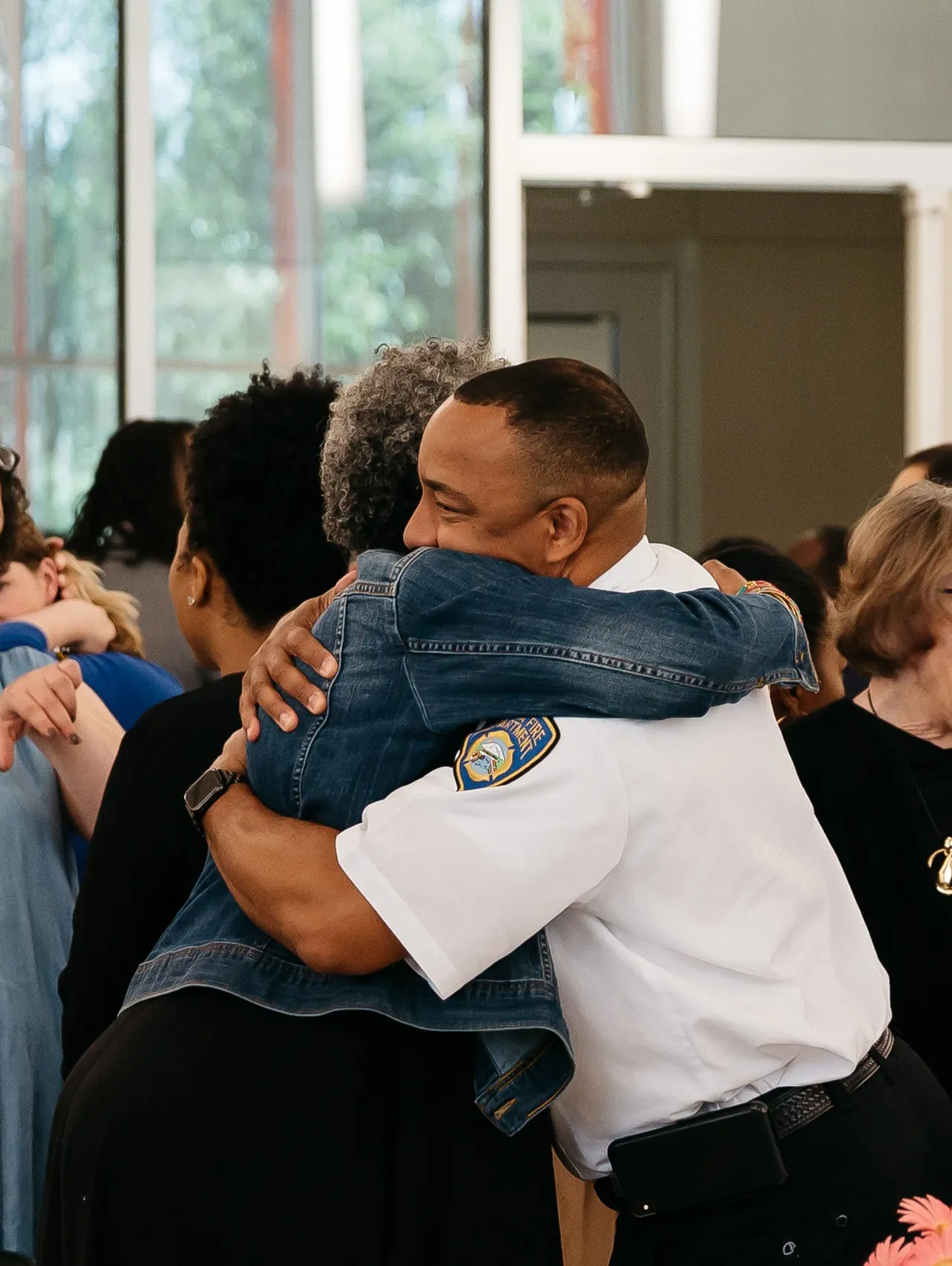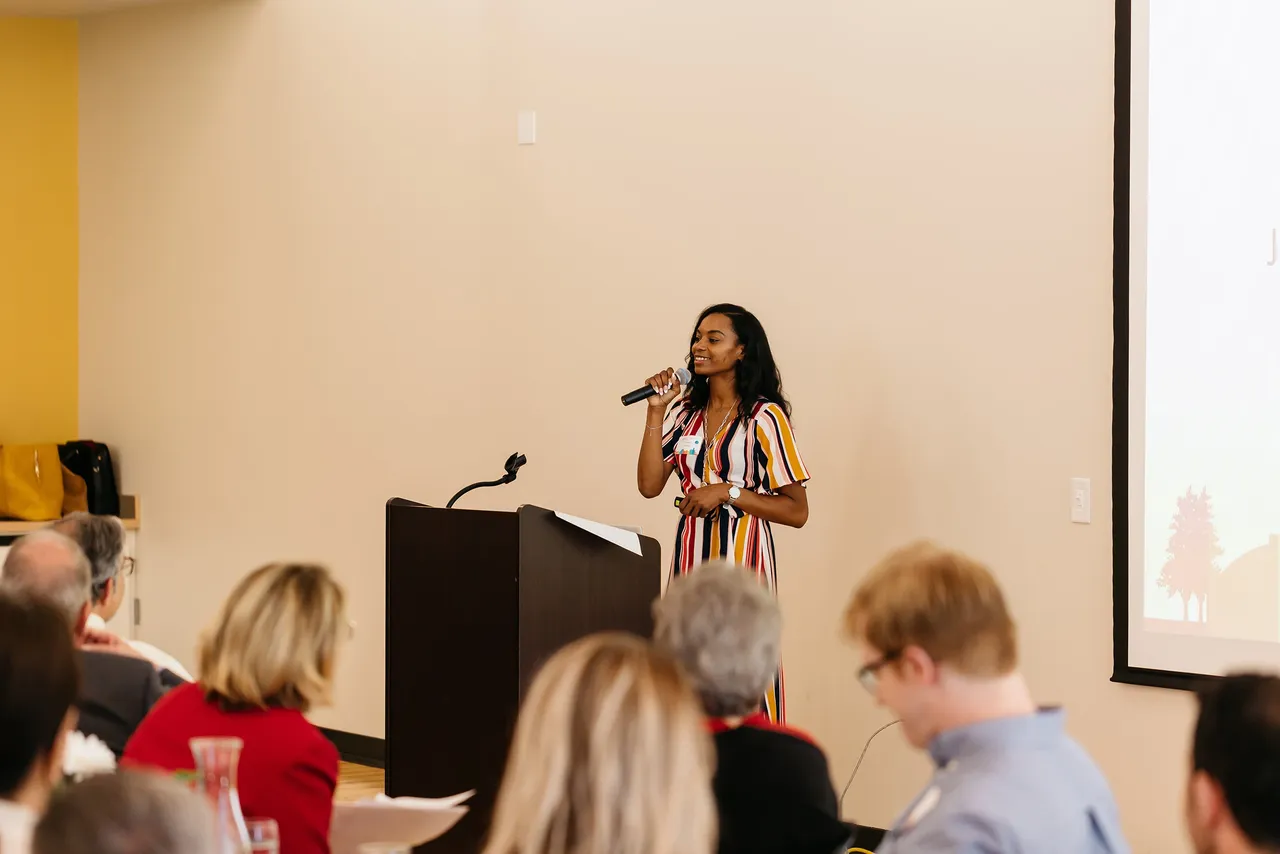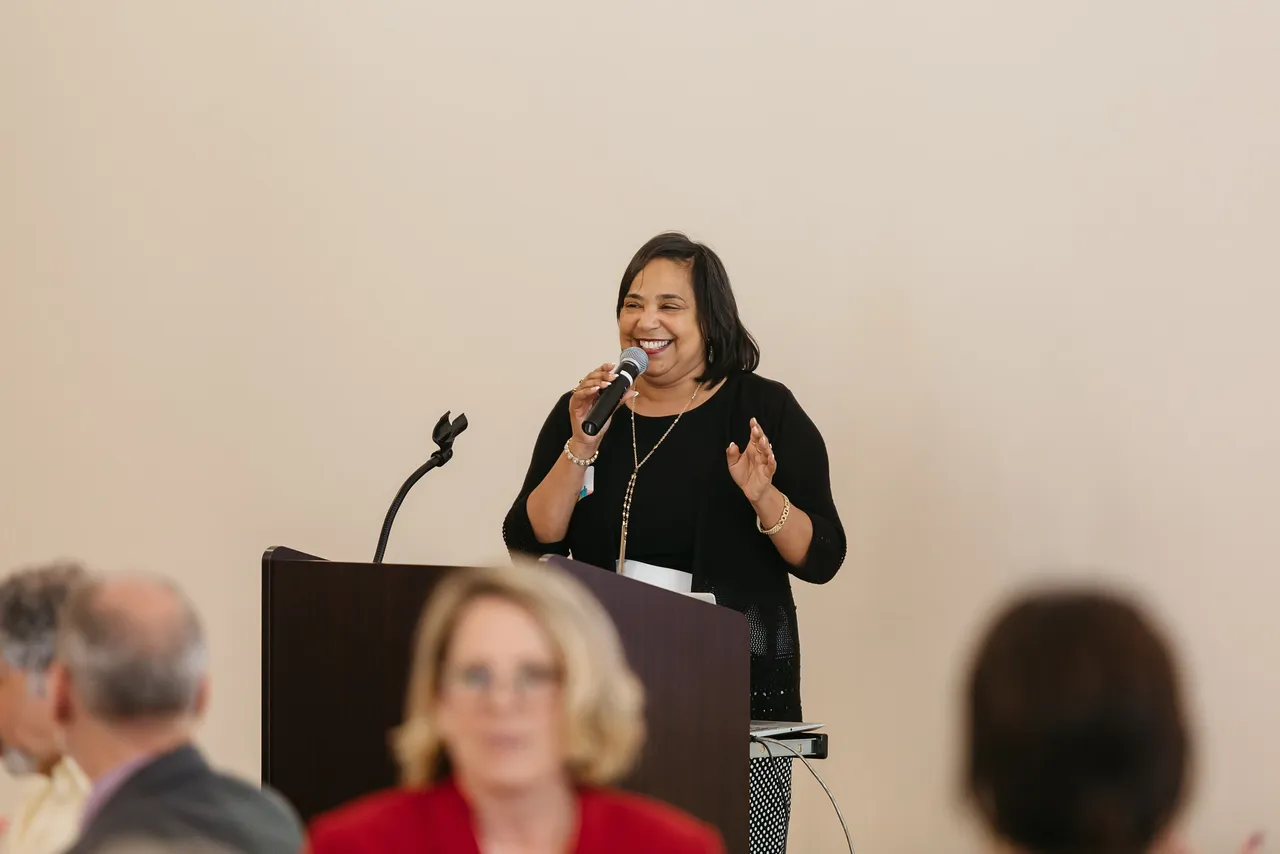State of Black Tacoma - 2019
The State of Black Tacoma is about solutions. As we lay out the GAINS, GAPS, and OPPORTUNITIES for GROWTH for Black Tacoma, look for examples of success and guidance on how you can take action – the heart of this work is system change and addressing the specific social, economic and cultural needs of Tacoma’s Black community.
Journey with us as we seek to understand and respond to disparities in housing, education, racialized poverty, growing gentrification, healthcare, environment, and financial capability.
View the State of Black Tacoma - Slide Deck.
Housing
Our families are cost-burdened and grappling with residential segregation, redlining, and housing instability. Jacques Colon, City of Tacoma’s 2025 Strategic Manager, provided a snapshot of Tacoma’s housing market.
Voting
There are still barriers to the ballot and it’s our responsibility to protect our community’s fundamental right to vote. This is the work of our county Auditor, Julie Anderson. Julie shared the state of Tacoma’s Black vote.
Education
Community-wide efforts to close gaps in access, opportunities, and achievement for all students from craddle to college to career are underway across our city. Executive Director of Graduate Tacoma, Tafona Ervin, shared the state of education for Tacoma’s Black youth.
Male Involvement Program
Our MIP (Male Involvement Program) Manager, John Levi, highlighted our youth mentoring program and the urgent need for at least 400 more Black educators in Tacoma. Watch our program highlight video here.
Healthcare
Half of a person’s health outcomes are determined by socioeconomic factors and the environment. Having a job and steady income, access to safe and affordable housing and an education all impact how healthy people feel and how long they live. Dr. Jamilia Sherls-Jones, Director of Health Equity for MultiCare Health System, and the newest member to join University of Puget Sound’s Board of Trustees, shared the state of health for Tacoma’s Black community.
Environment
Environmental racism is one of the most important civil rights issues of our time. We can no longer afford to not talk about how infrastructure, transportation, environmental policy decisions, and climate change disproportionately impact the Black community. Ryan Mello, Executive Director of Pierce Conservation District, shared how his organization fights for environmental justice for the Black community.
Employment
In Tacoma’s central region, Black youth are about 60% more likely to be disconnected, which means they are not currently working or enrolled in school. The time to act for those youth who have been left behind is now. Career Coach, Monique Dubose, was prepared to share how Tacoma Urban League is tackling employment and connecting our community to careers.
Asset Building/Financial Capability
2019 marks the 400-year commemoration of the start of African American enslavement in the U.S.
The legacy of structural and systematic racism born from this origin story has become known as the racial wealth gap.
The racial wealth gap has grown three-fold in the last 25 years, leaving communities of color with a fraction of the net worth of their White counterparts. Wealth is roughly synonymous with net worth: the value of everything that a family owns, minus the value of any debt.
Wage and income disparity and wealth inequality impact Black families’ ability to build and transfer assets and wealth across generations, driving cycles of multigenerational poverty.
Our Black Empowerment Center research and program model do not fit within traditional notions of financial capability. Our research foregrounded emerging promising practices and debunked toxic racialized assumptions that often act as barriers to Black economic self-determination.
Our research and program model strive to help families have the tools they need to climb out of poverty and stay there.

